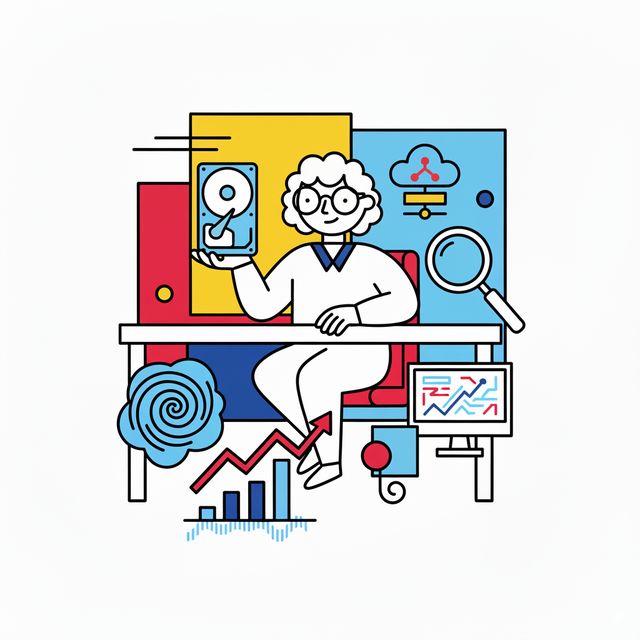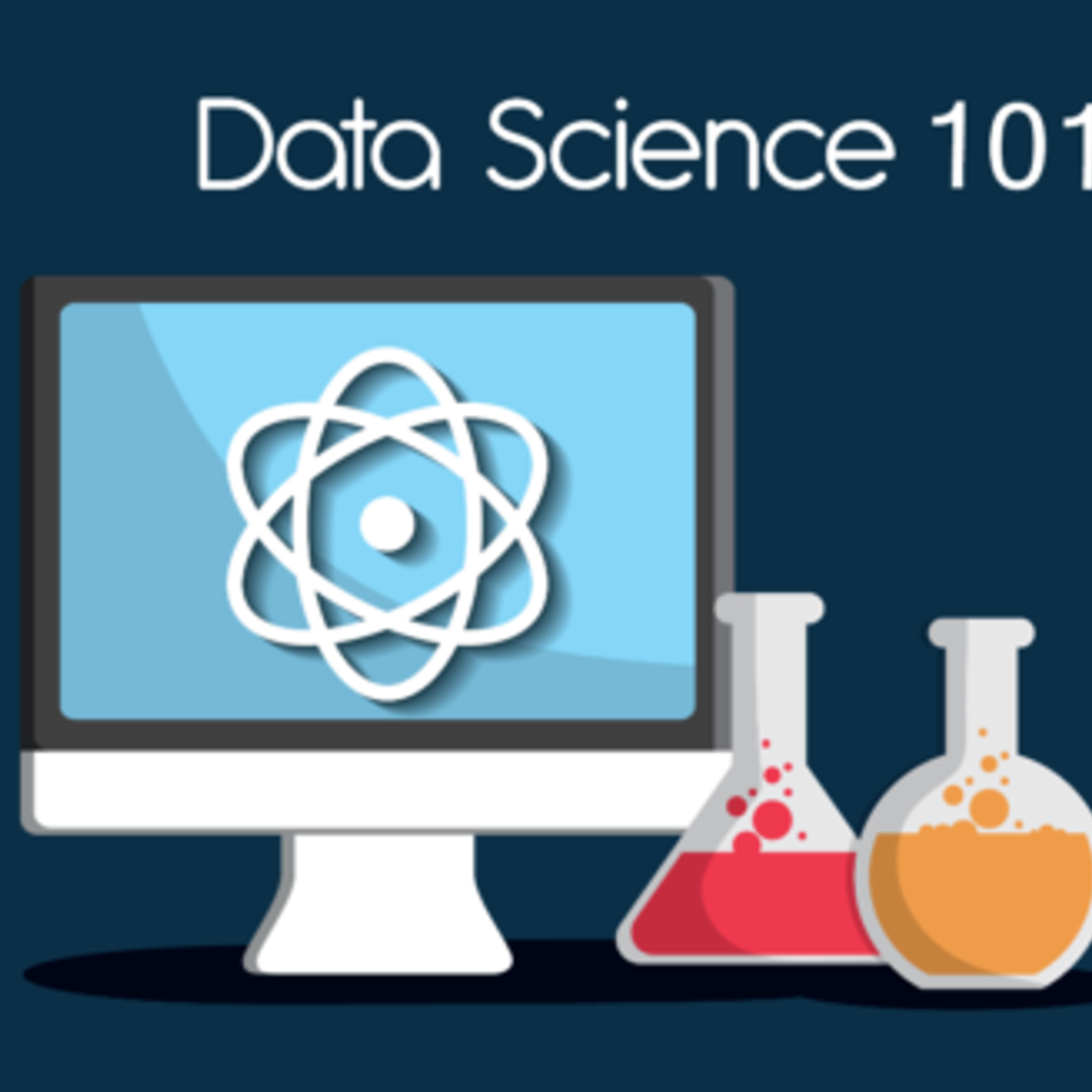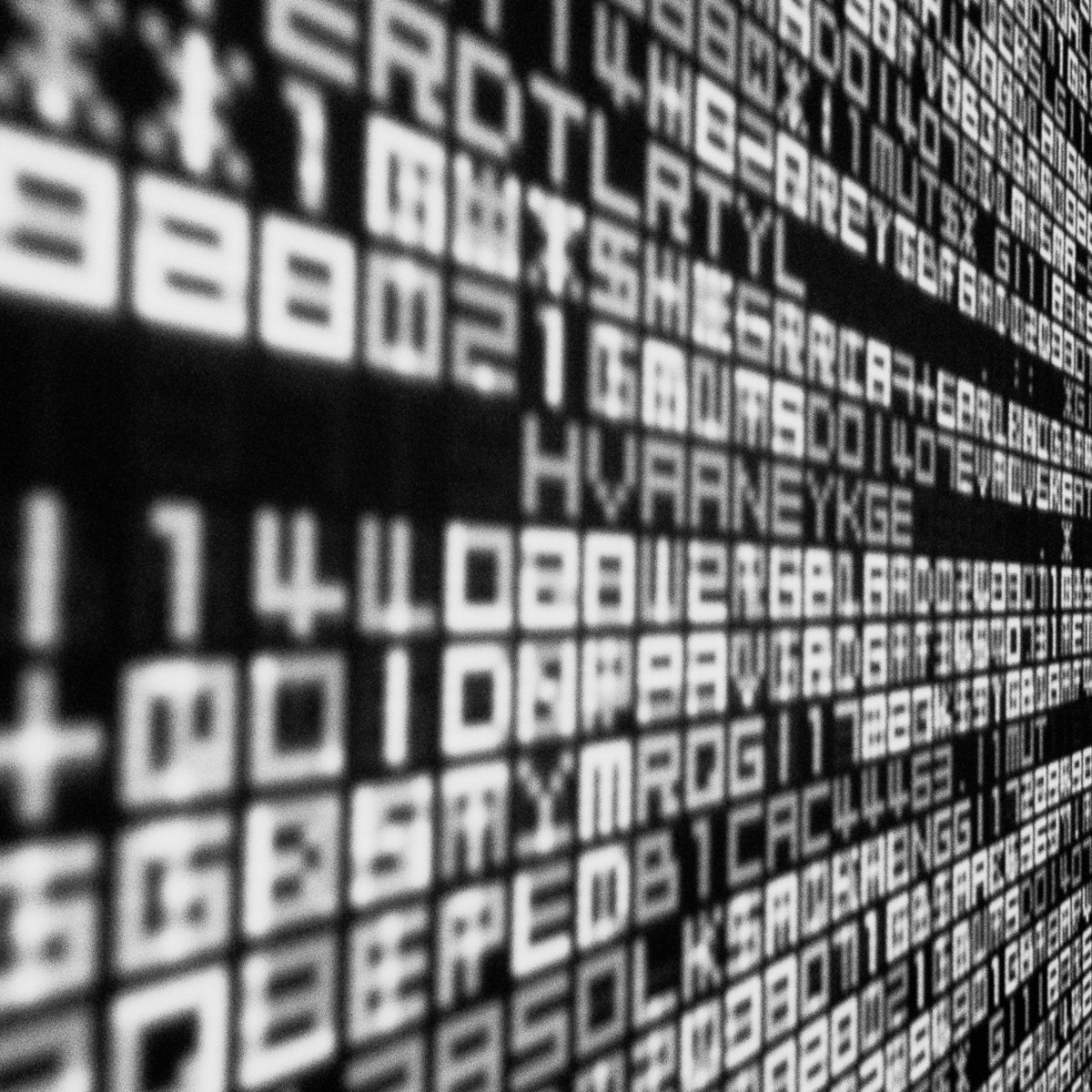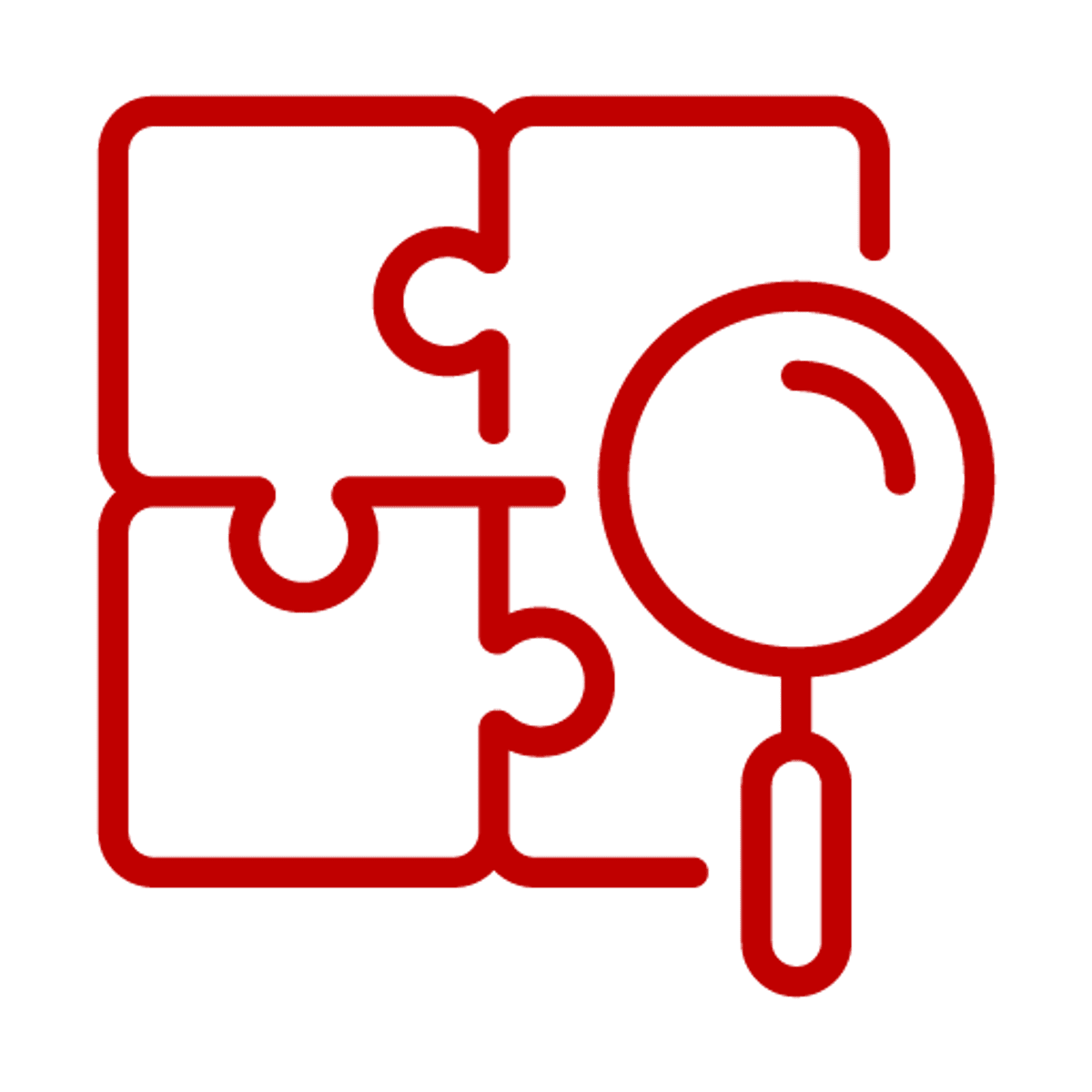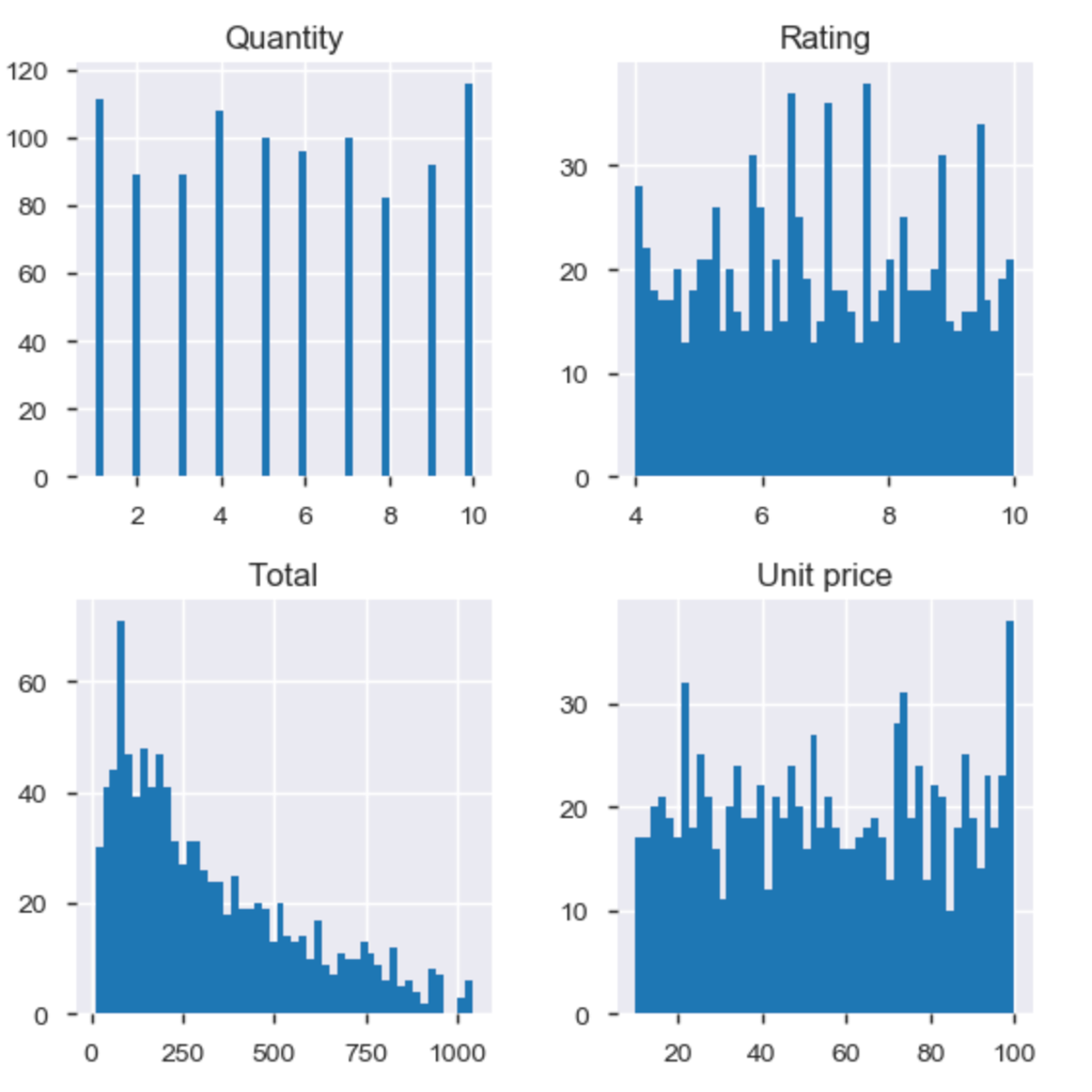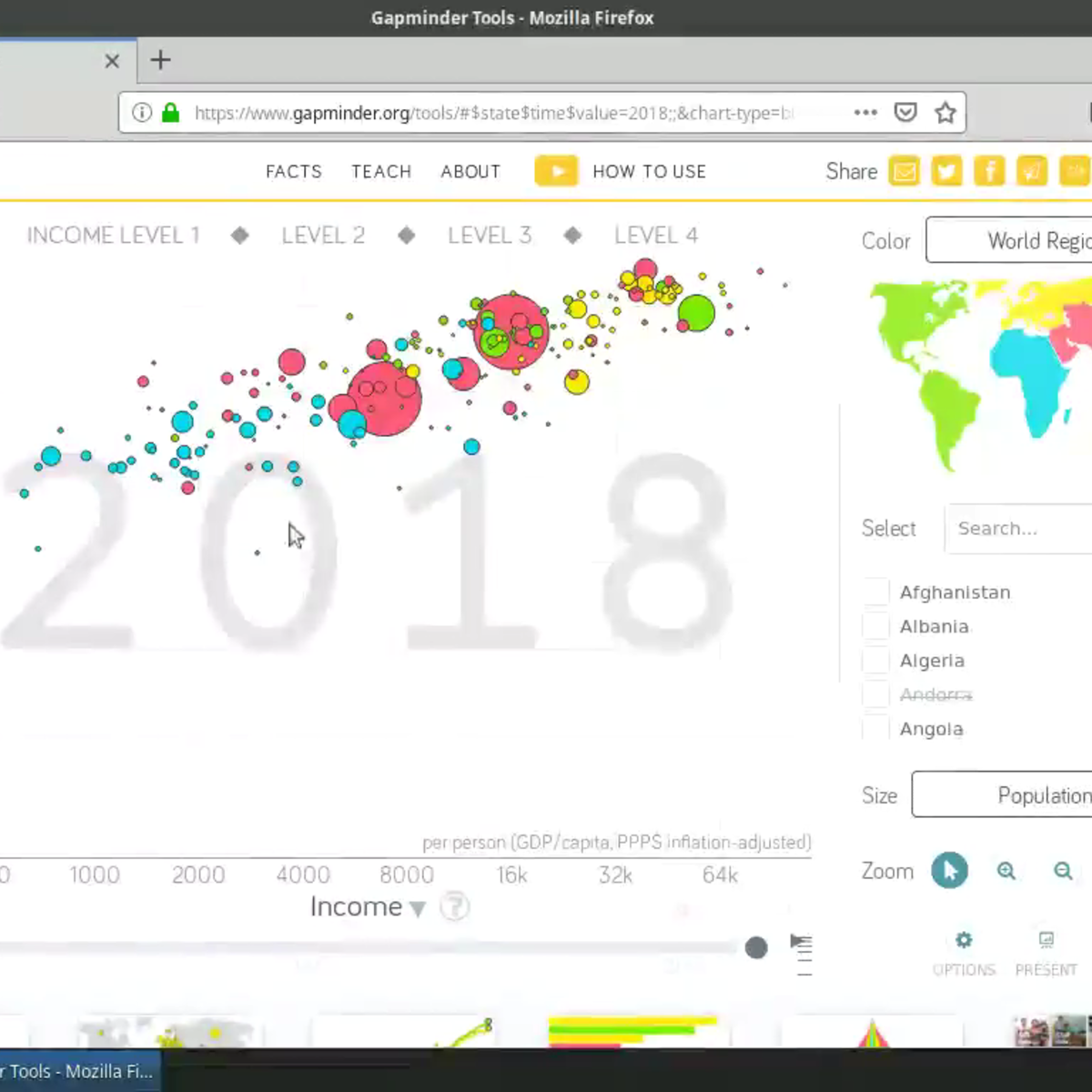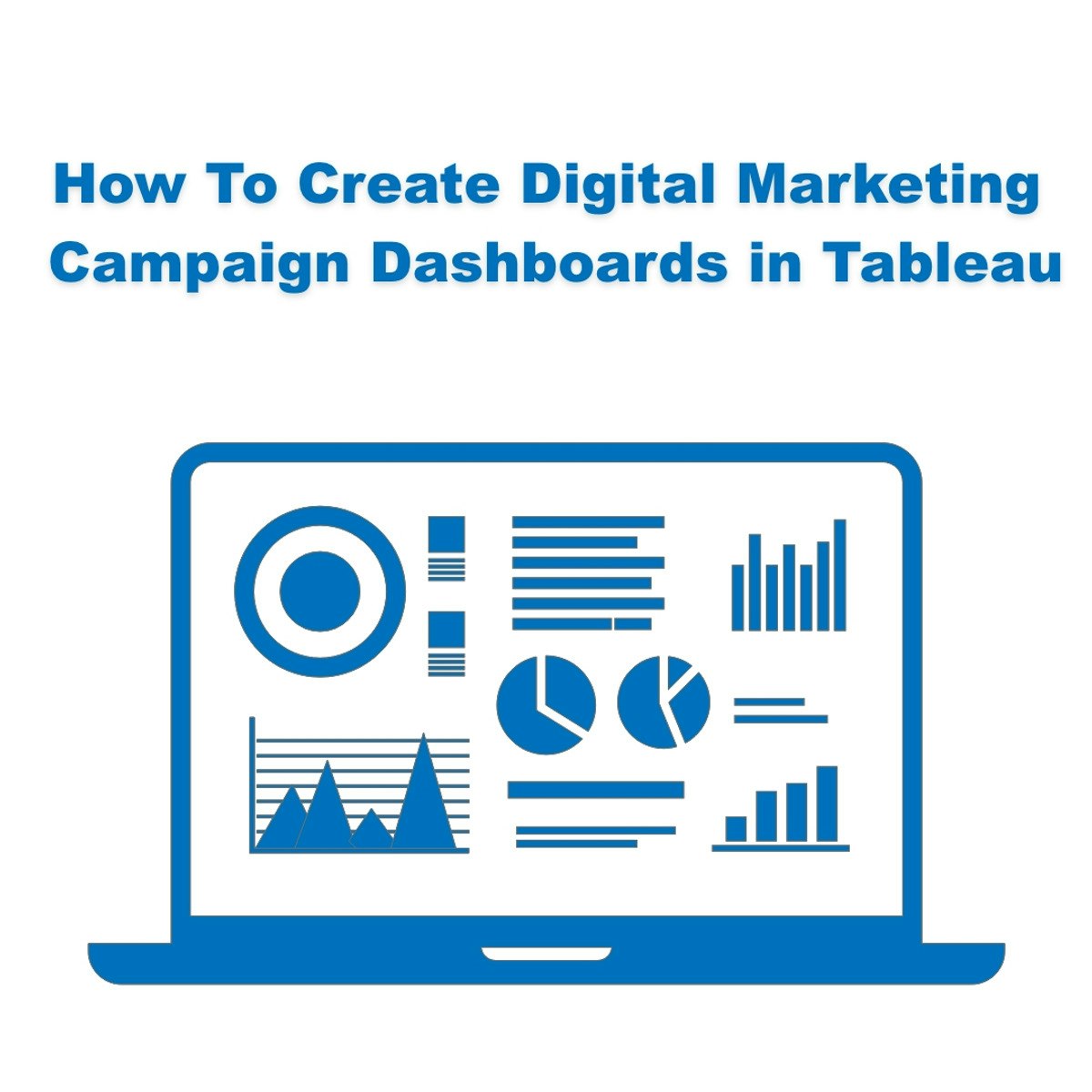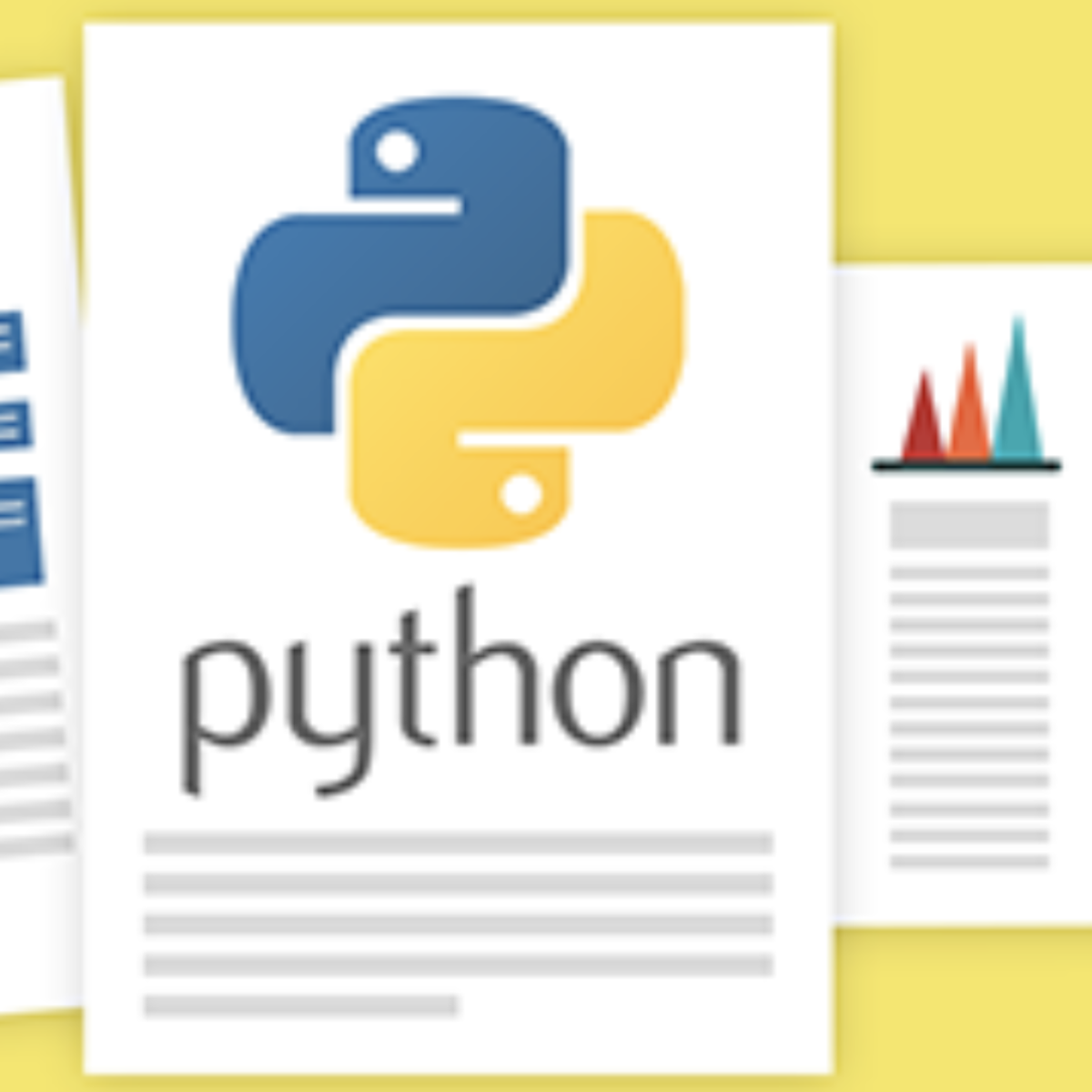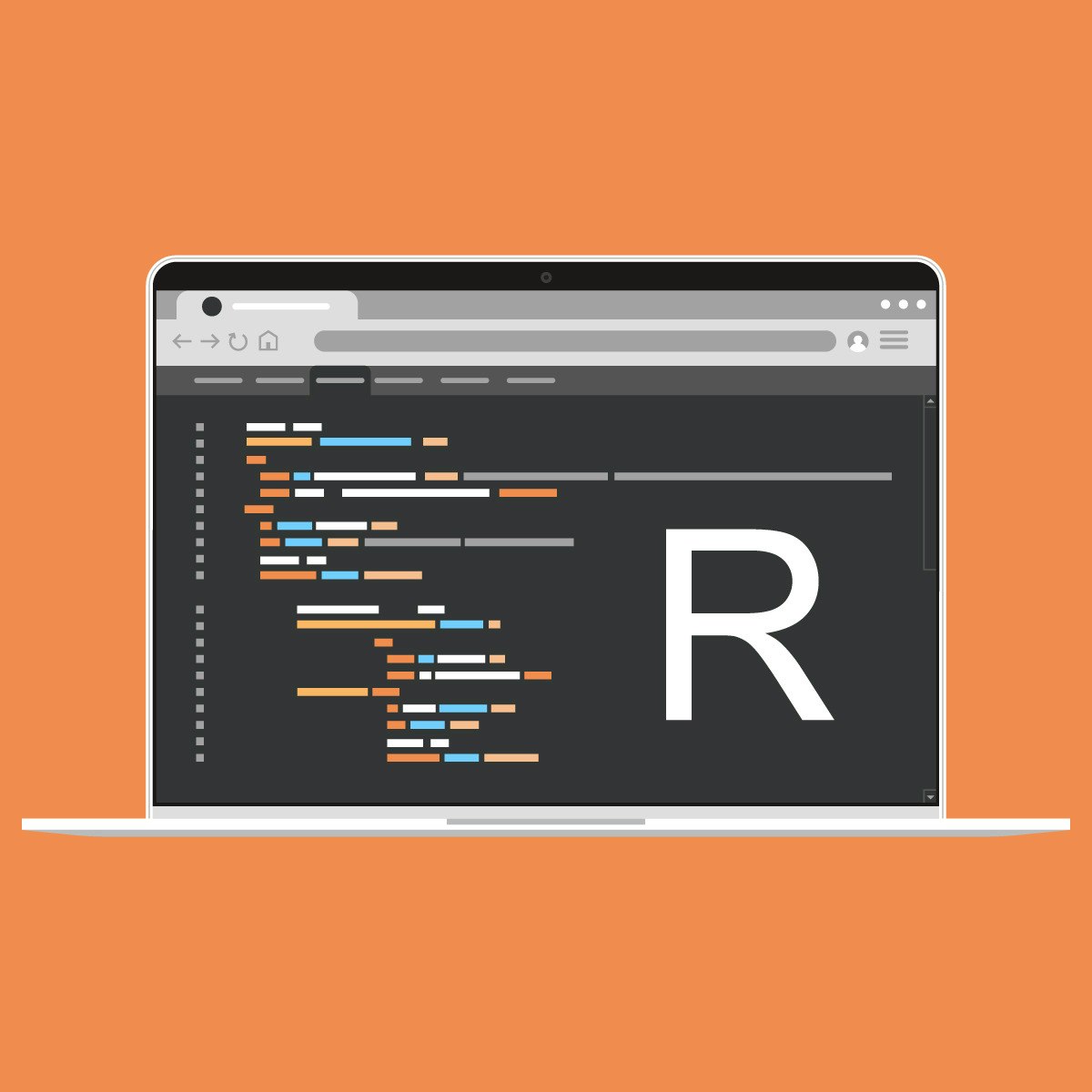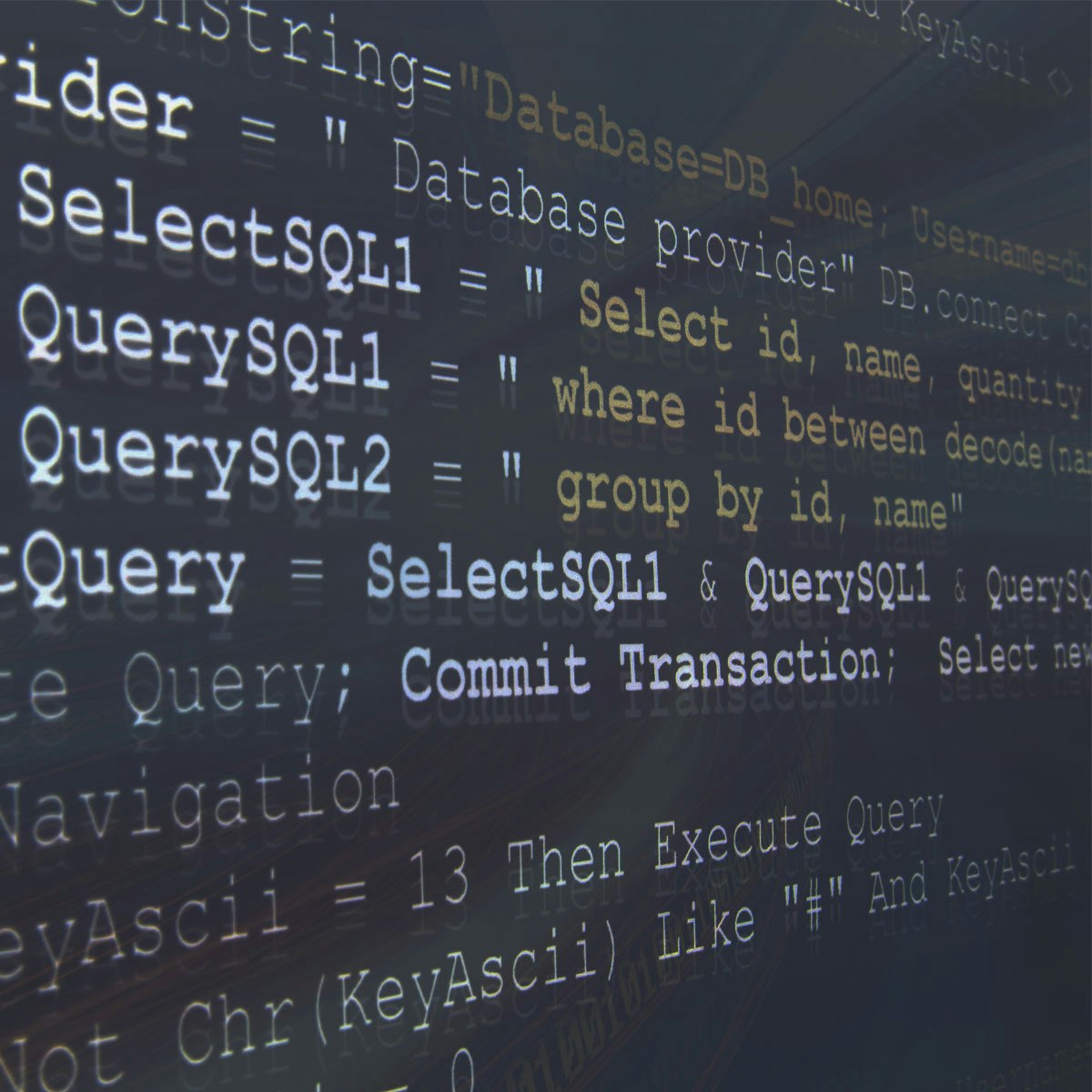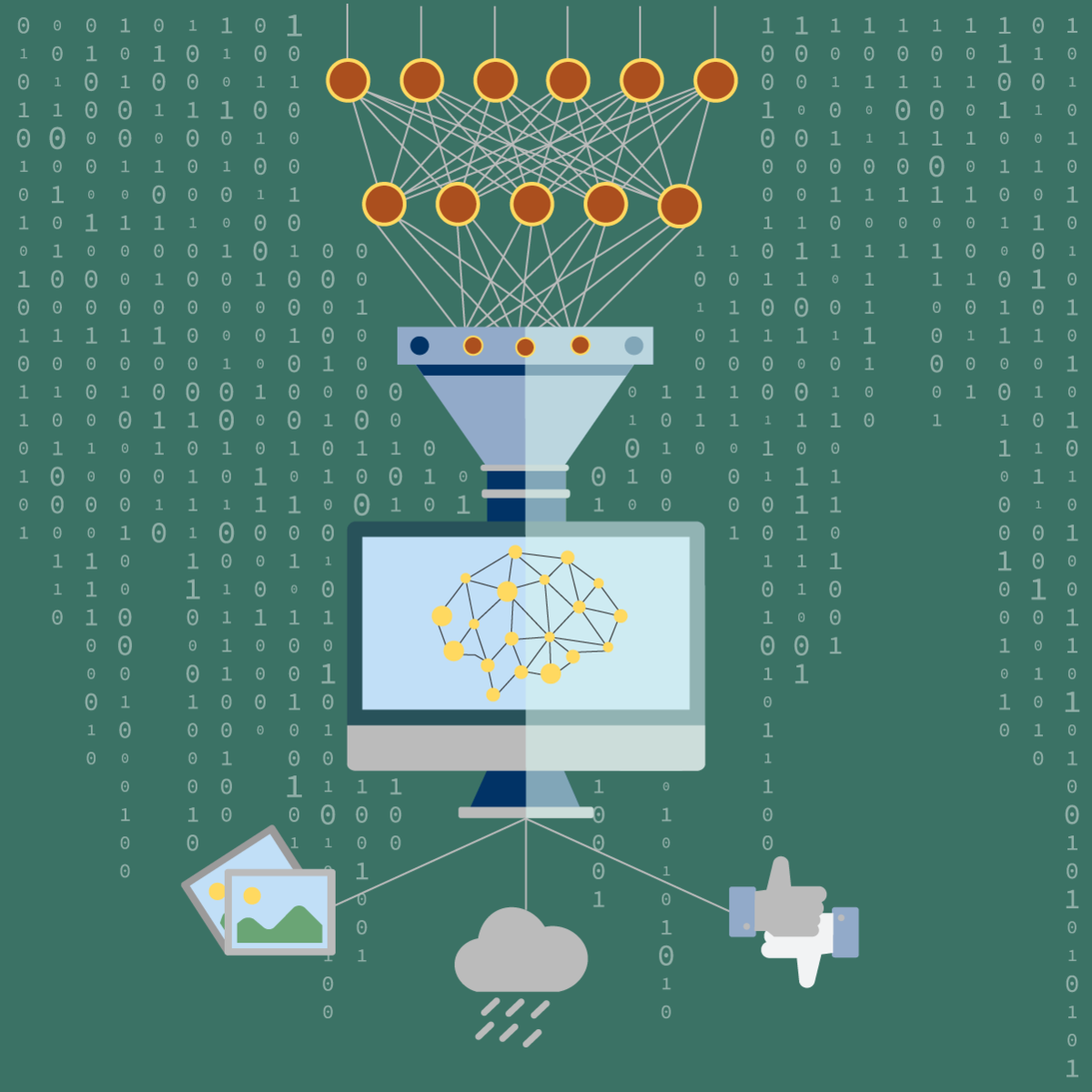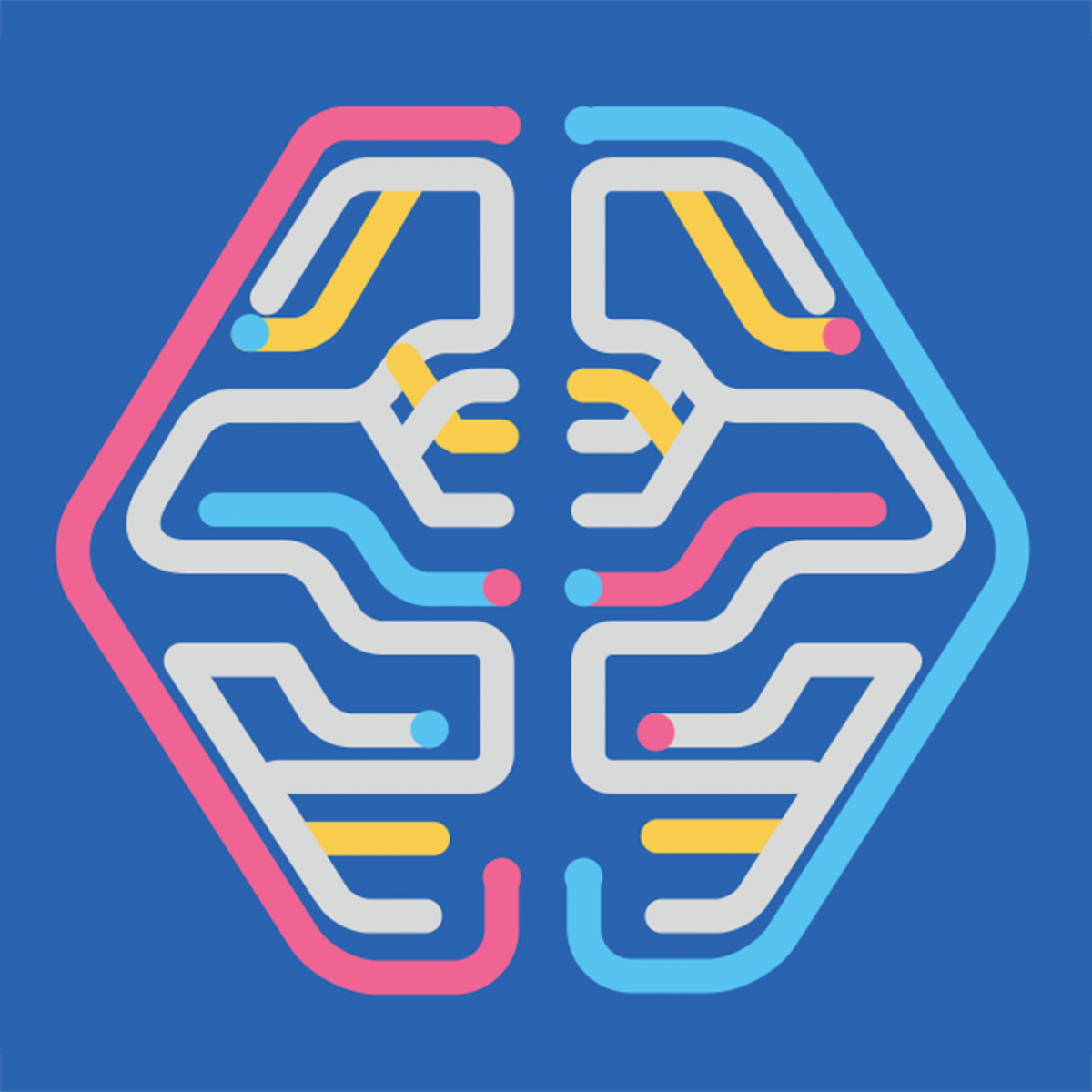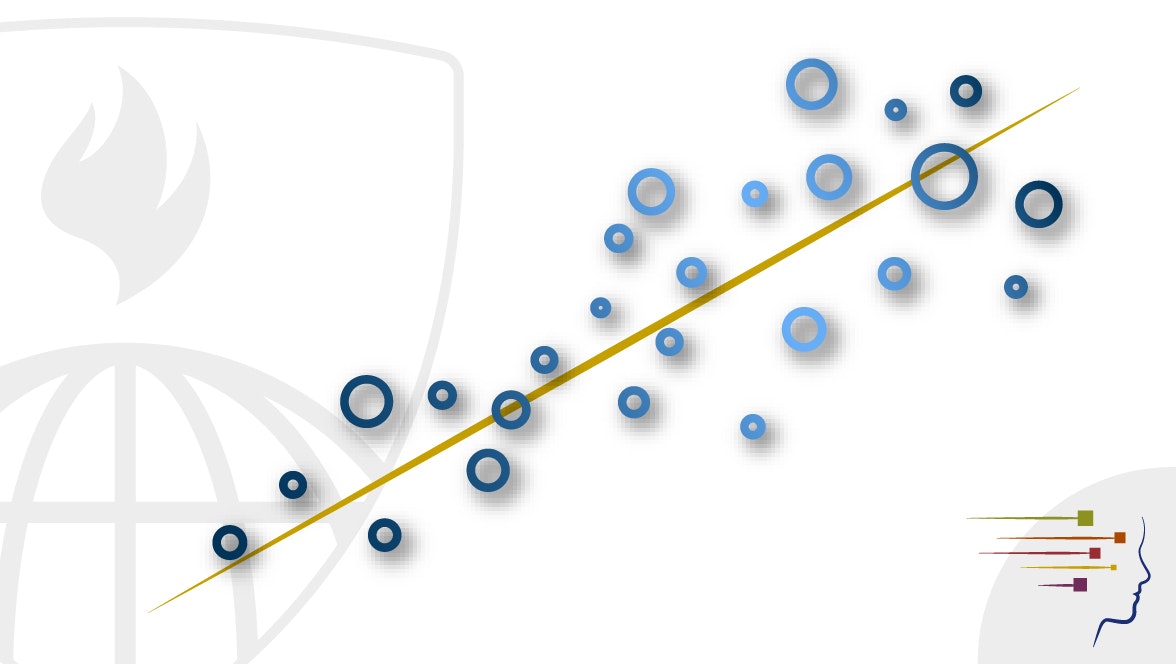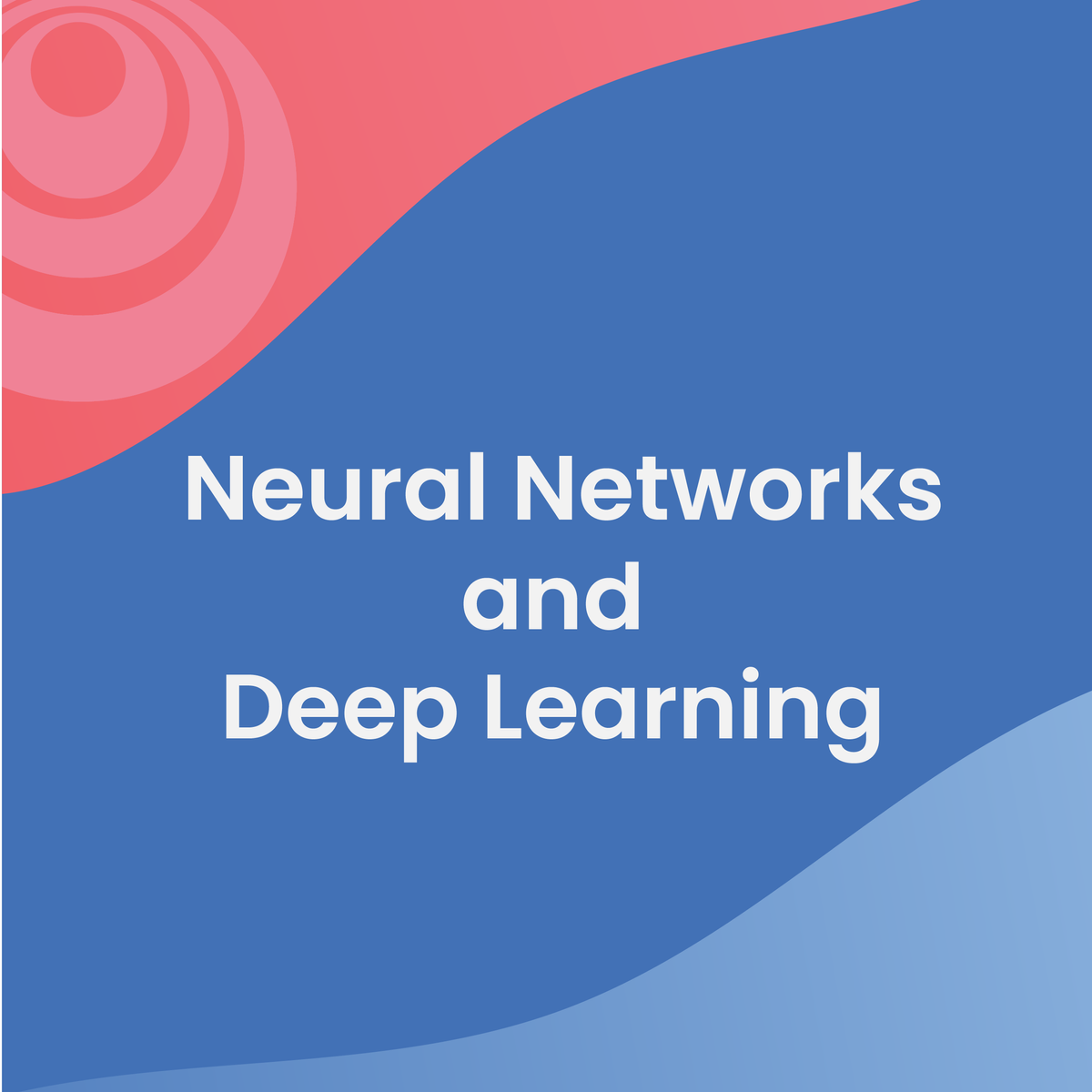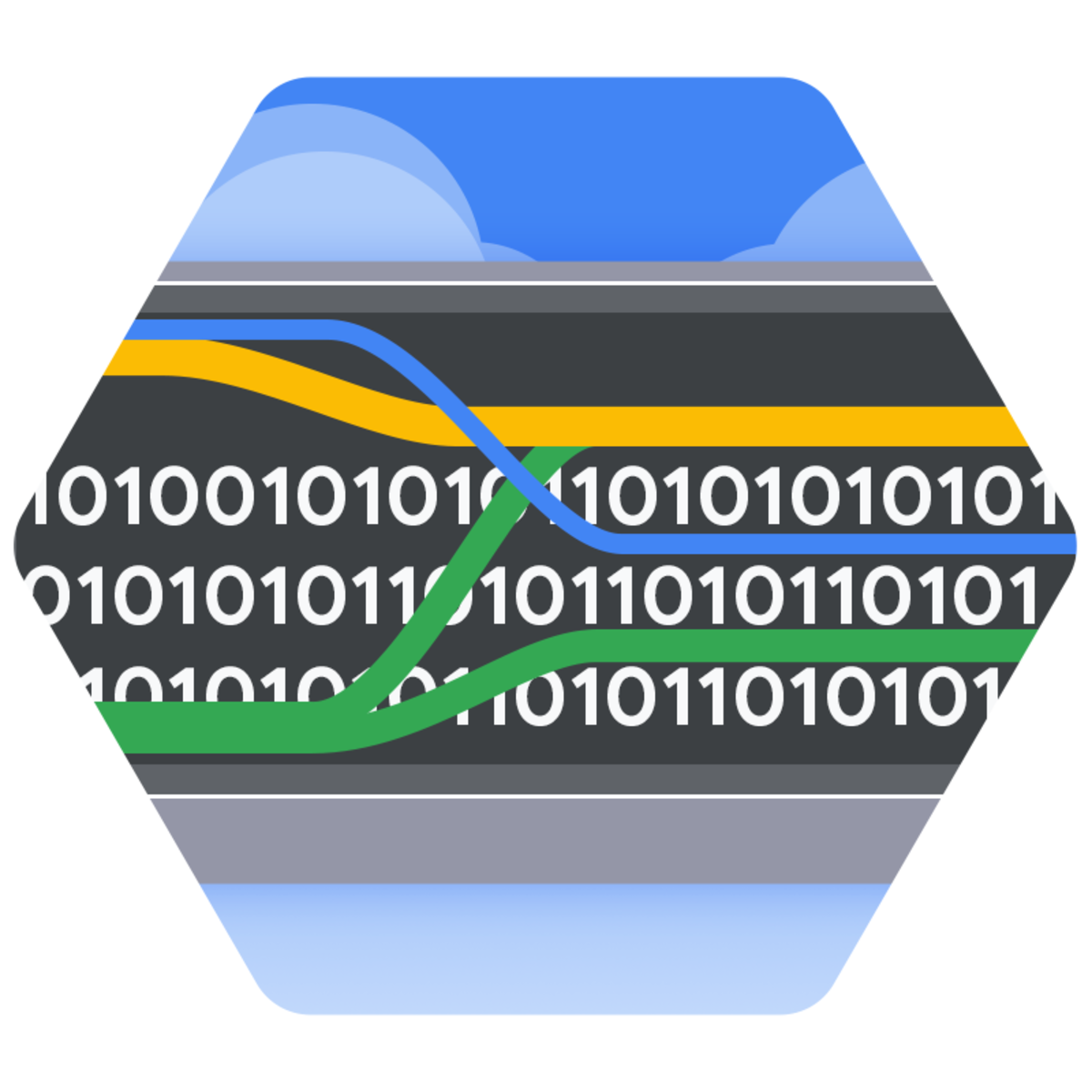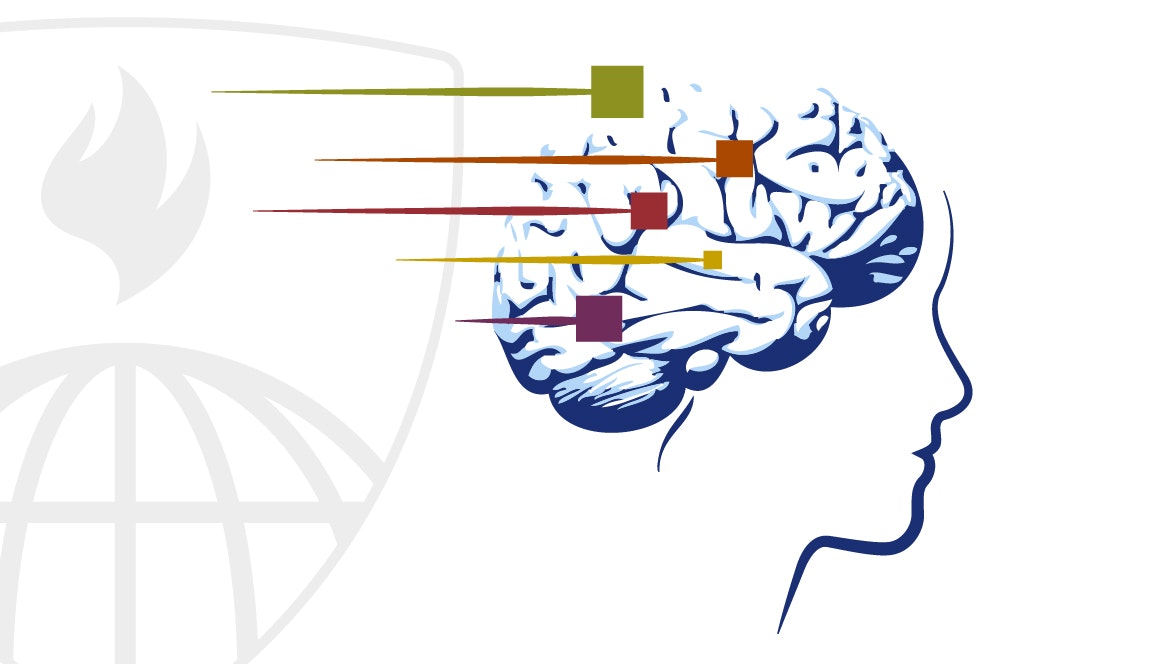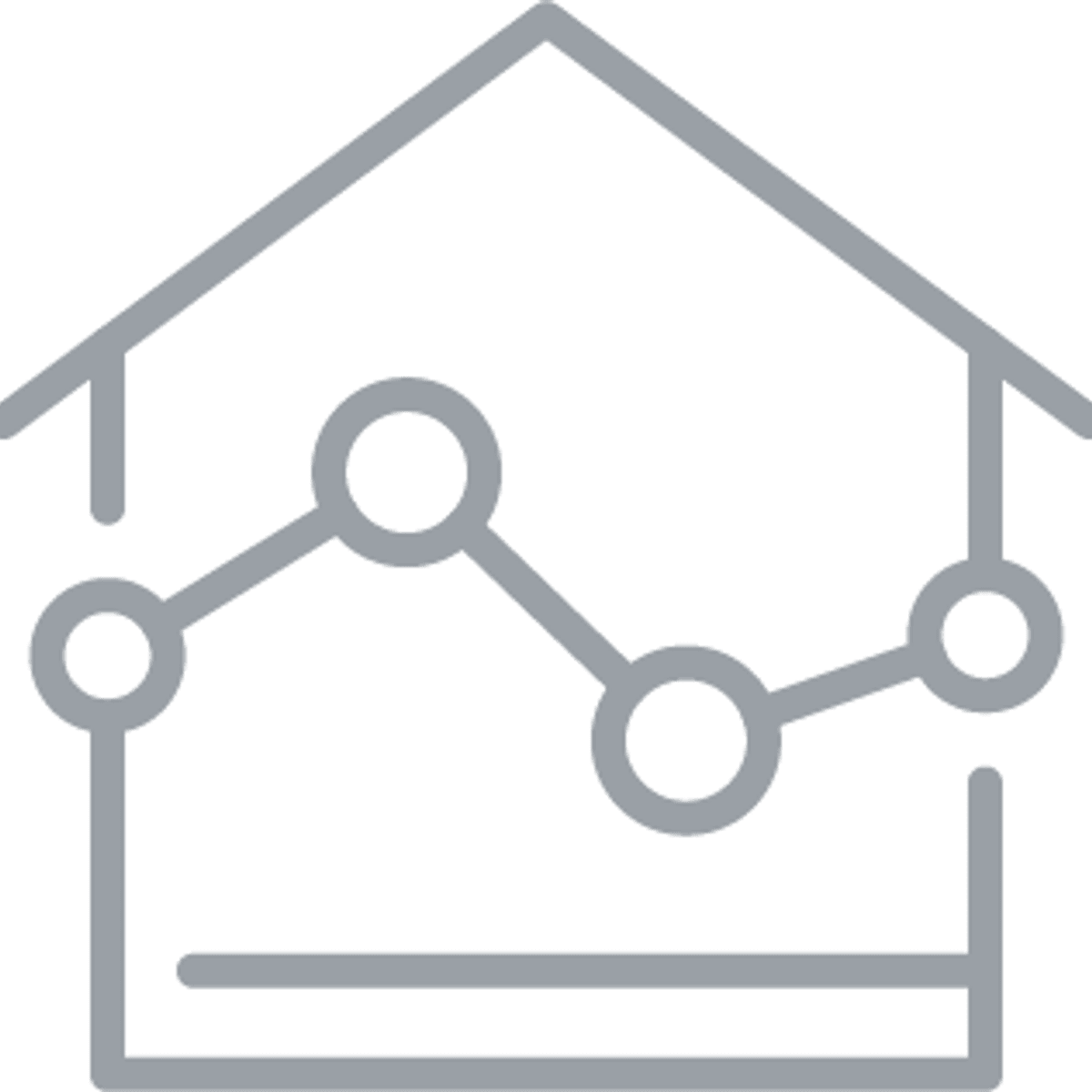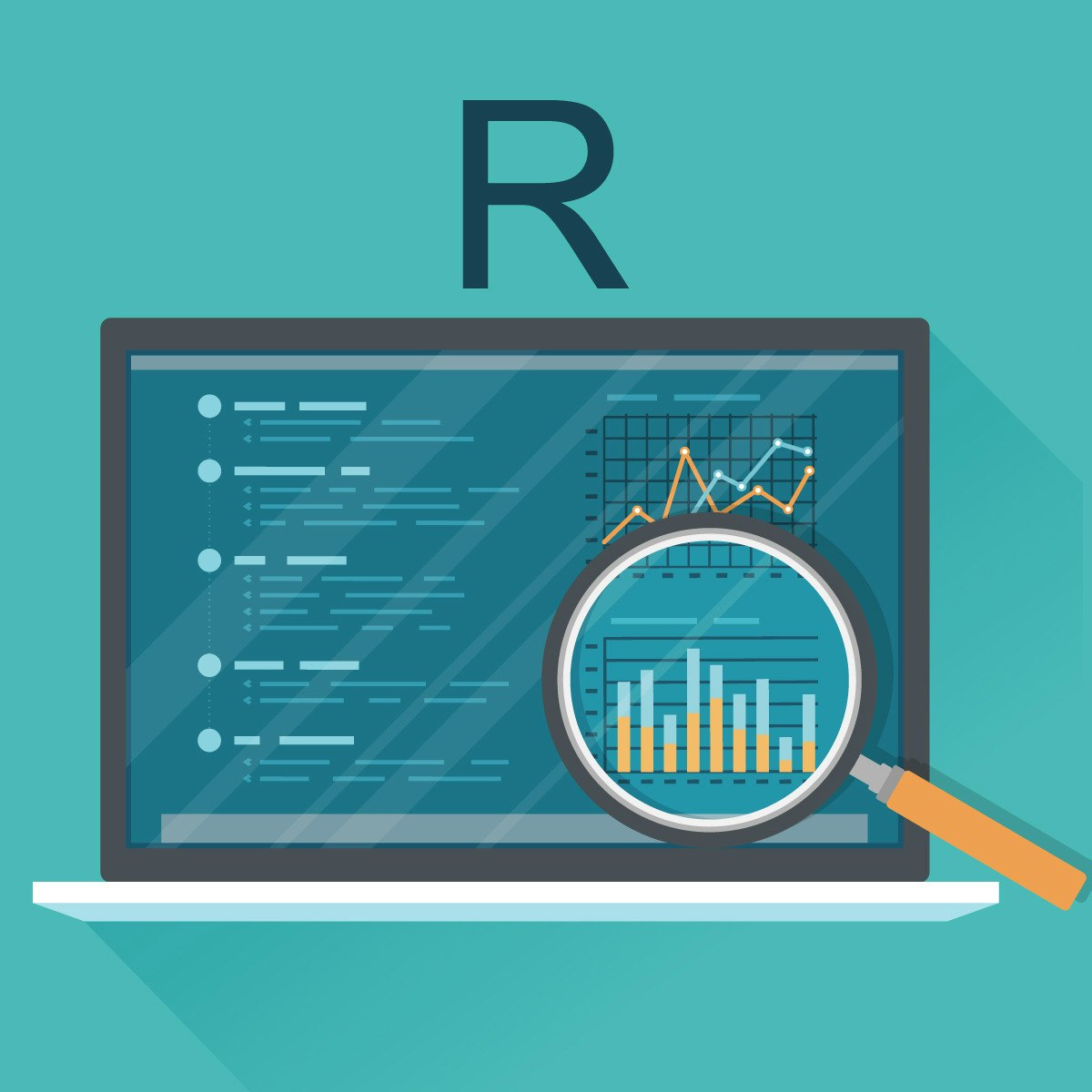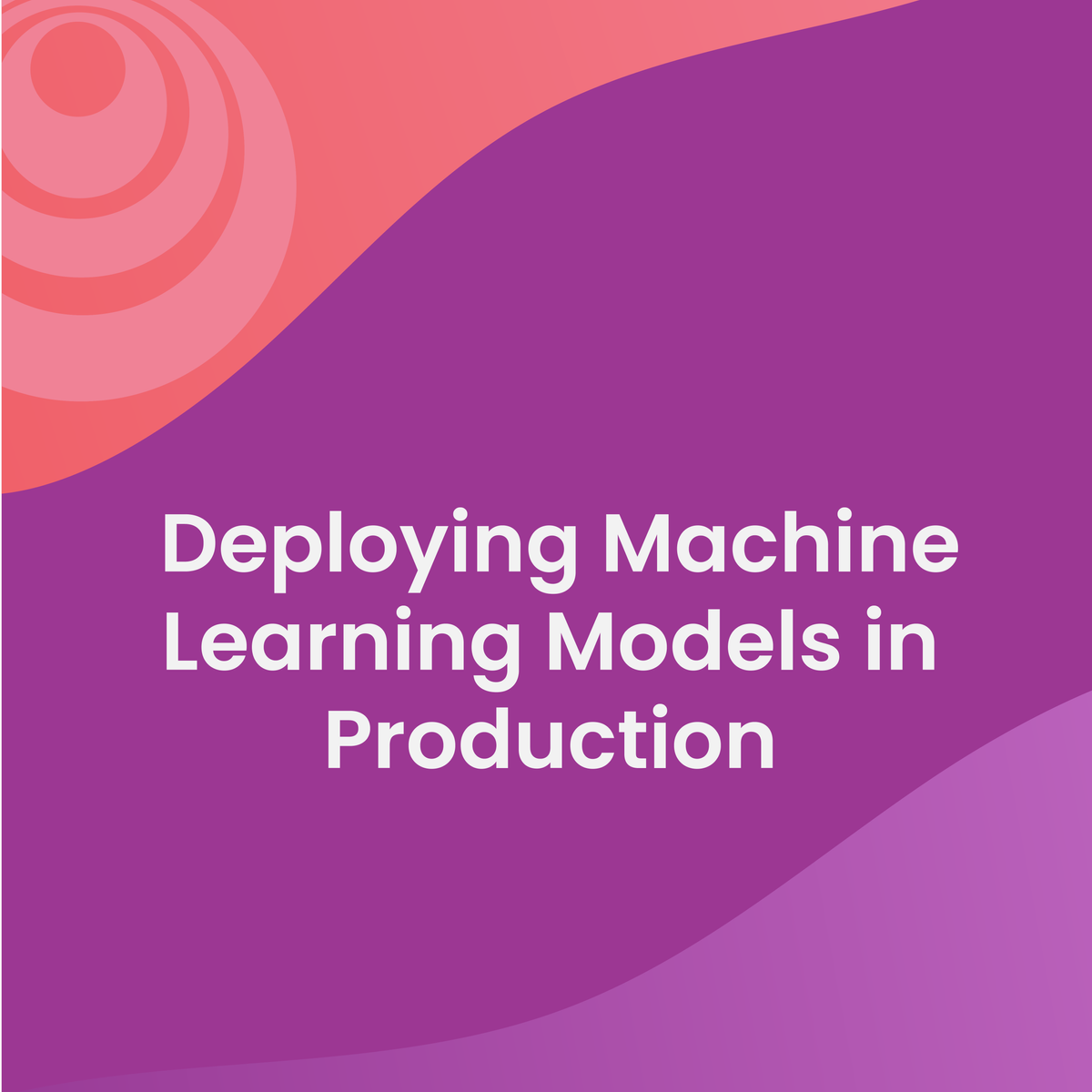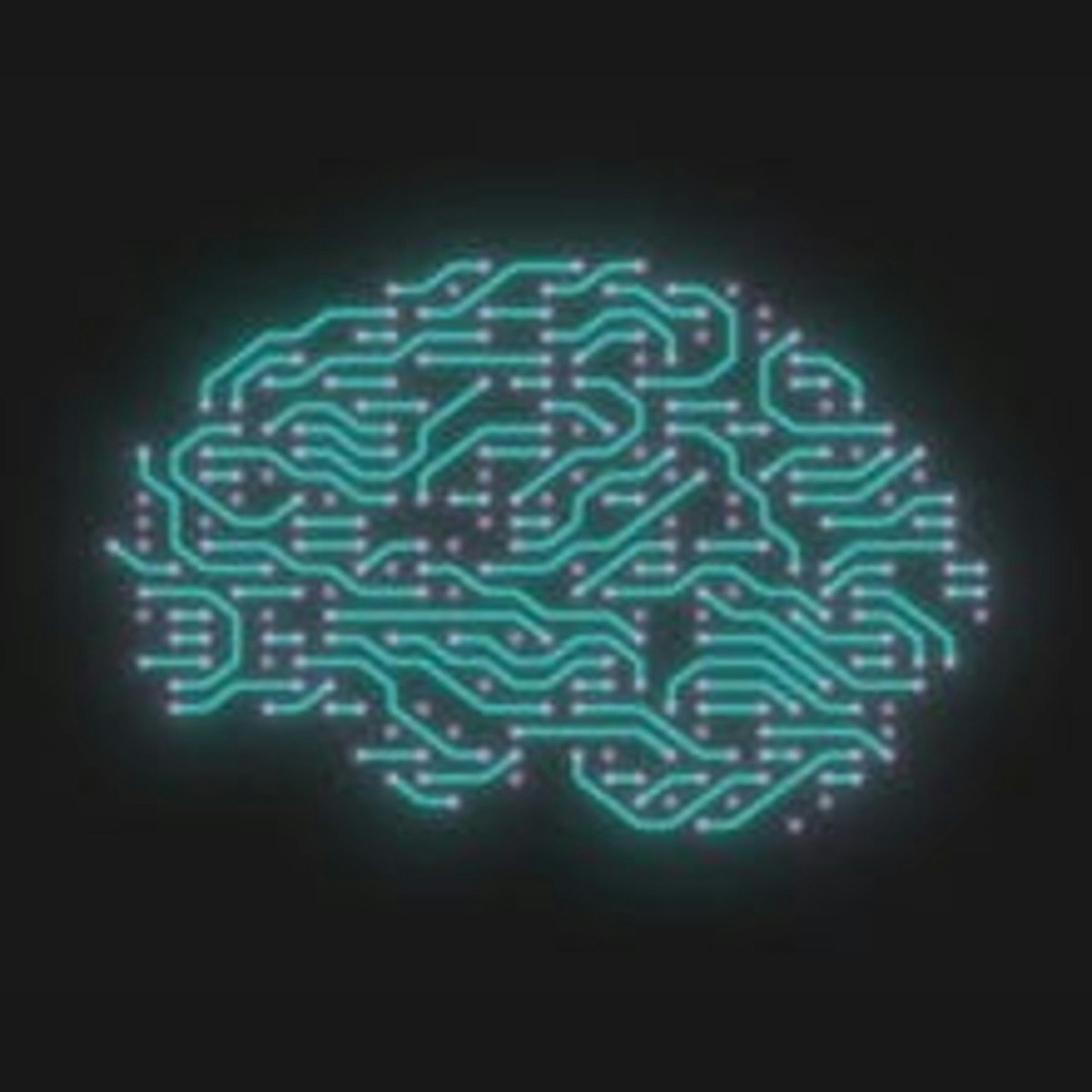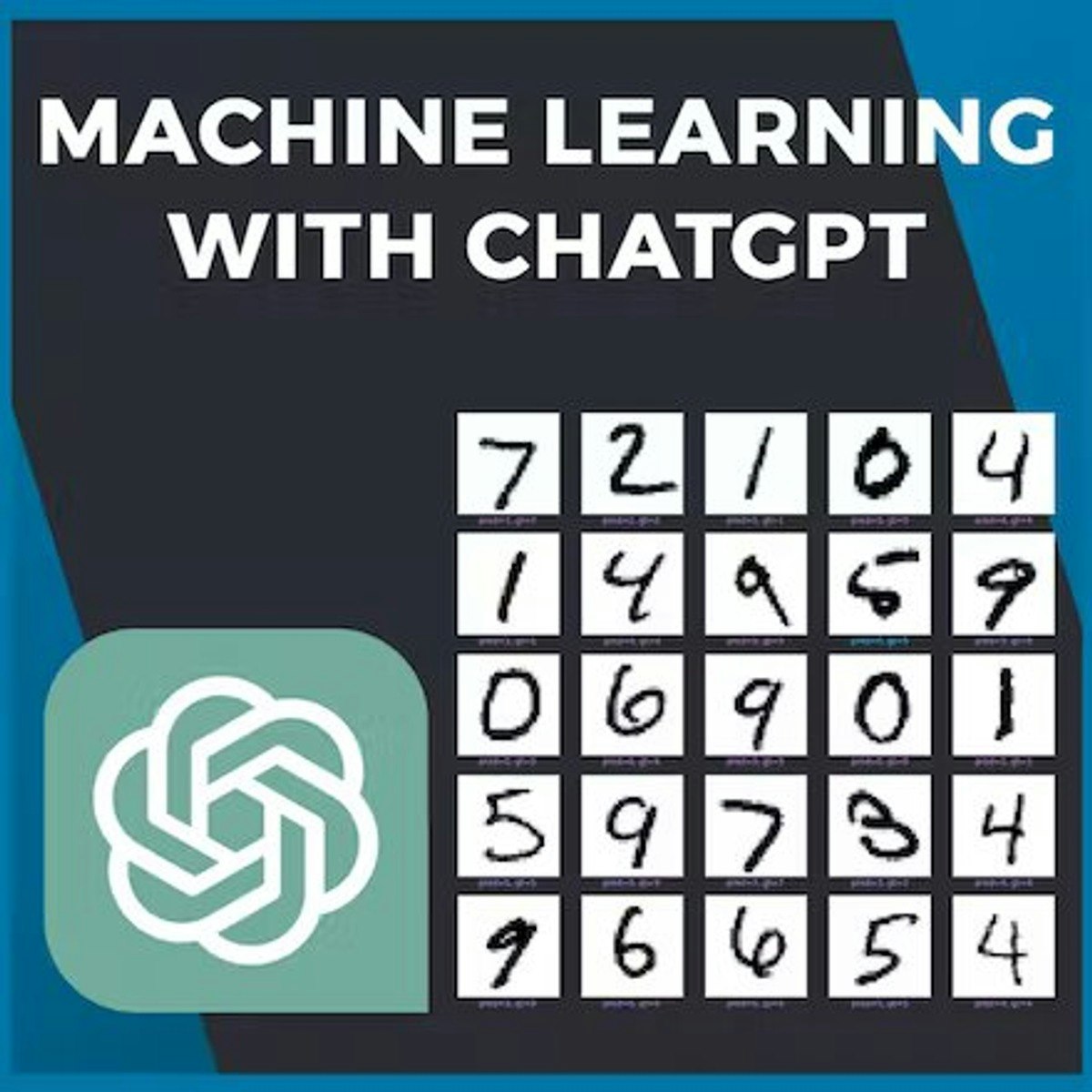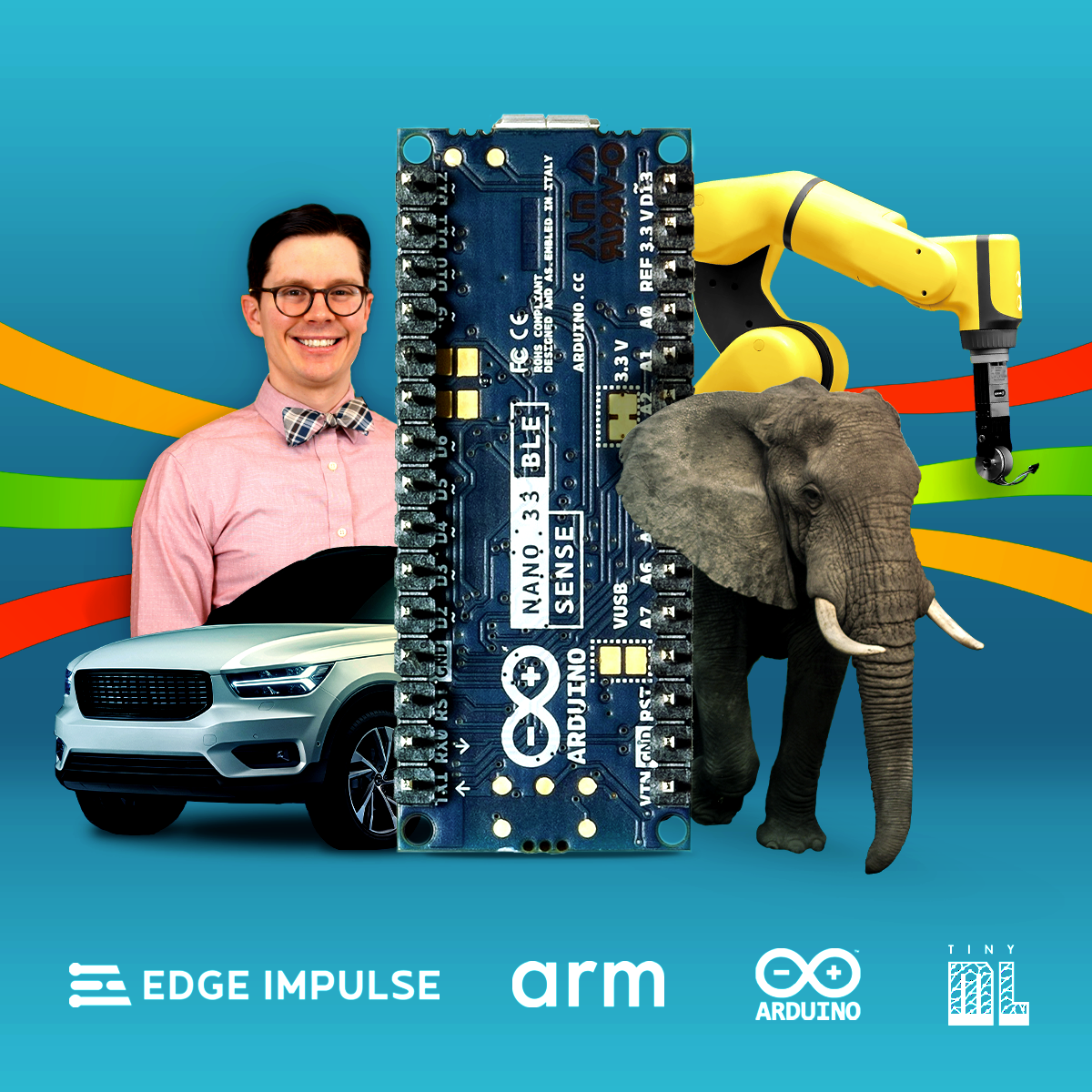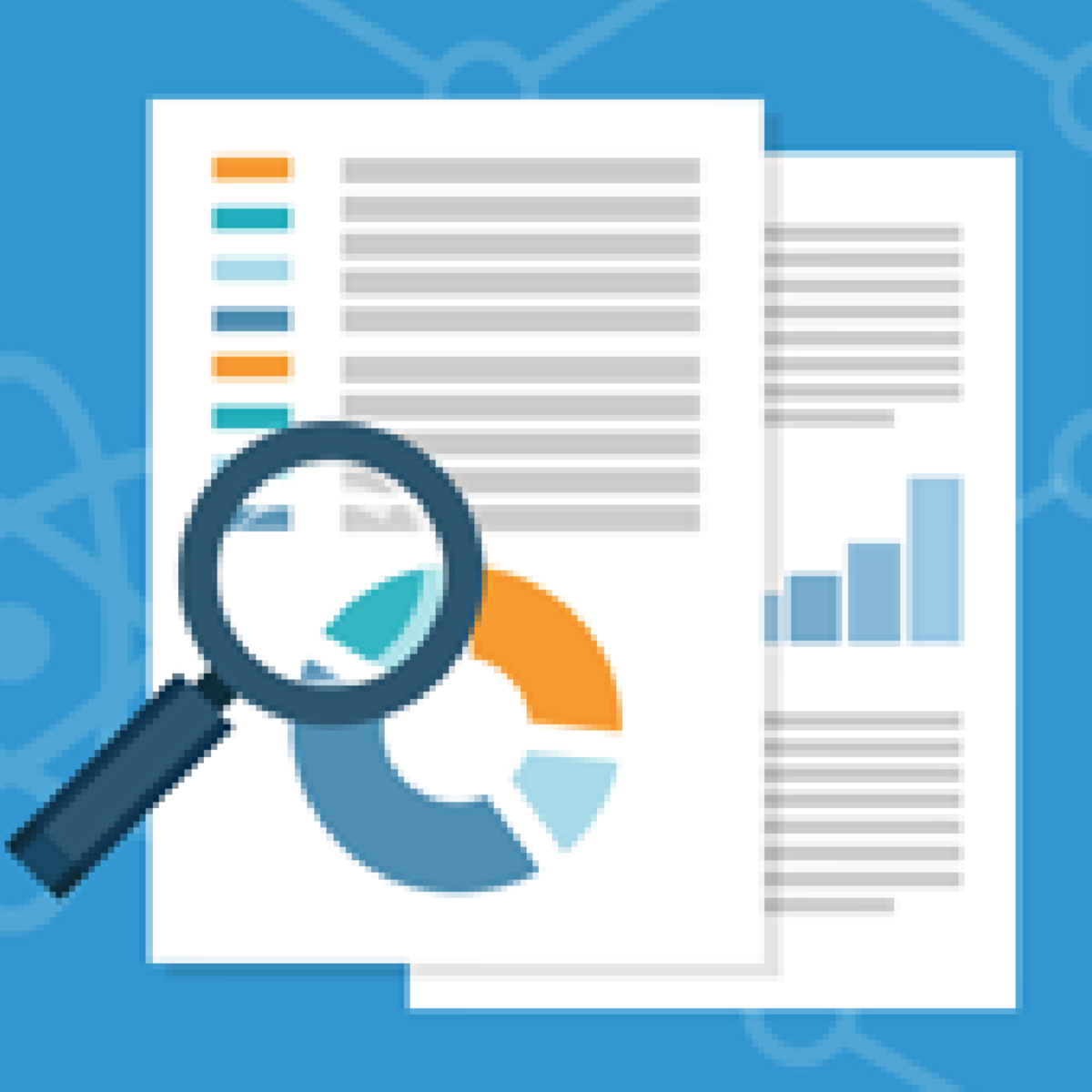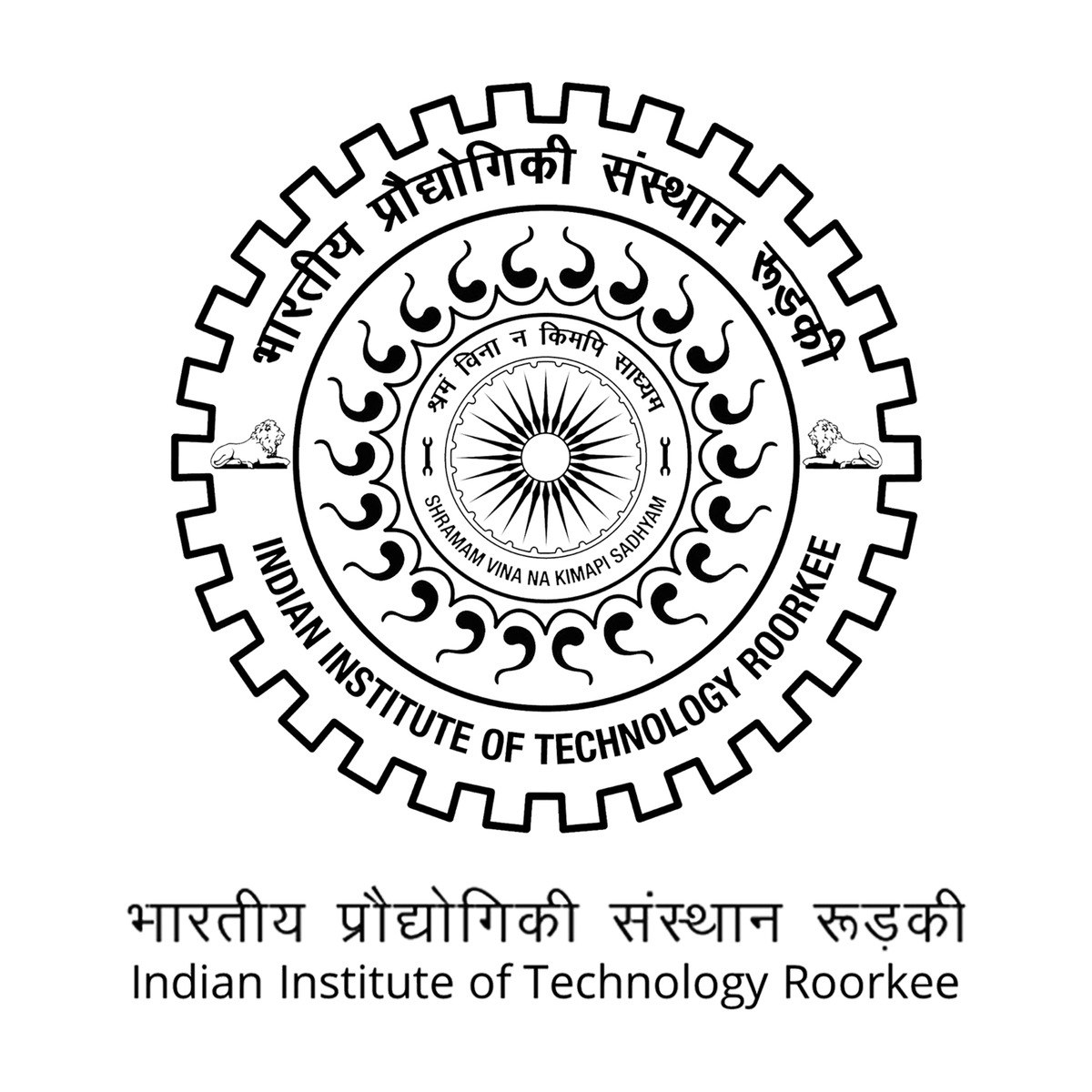Data Scientist
e Data Scientist: A Comprehensive Career Guide Data Science is a rapidly evolving, interdisciplinary field that uses scientific methods, processes, algorithms, and systems to extract knowledge and insights from structured and unstructured data. It combines statistics, computer science, and domain expertise to analyze complex data sets and solve real-world problems. At its core, data science aims to turn raw data into actionable intelligence, enabling organizations to make informed decisions, optimize processes, and drive innovation. The ability to transform vast amounts of information into meaningful narratives and predictive models makes data science an exciting and intellectually stimulating career. Furthermore, the collaborative nature of the work, often involving cross-functional teams, and the potential to make a significant impact across diverse industries, are aspects many find particularly engaging.
Introduction to Data Science
Embarking on a journey into data science means entering a world brimming with information, where the ability to decipher complex datasets unlocks powerful insights. This field is fundamentally about understanding the world through data, employing a blend of statistical acumen, computational skill, and analytical thinking. It's a discipline that has seen remarkable growth and has become integral to how modern organizations operate and innovate.
For those new to the concept, imagine data science as the art and science of being a detective for the digital age. Data scientists sift through clues hidden within vast amounts of information, piecing together puzzles that can lead to groundbreaking discoveries or critical business strategies. This exploration is not just about numbers; it's about finding the stories and patterns that data can tell.
What is Data Science?
Data science is an interdisciplinary field focused on extracting knowledge and insights from data in various forms, both structured and unstructured. It integrates techniques and theories from many fields, including statistics, computer science, information science, and domain-specific expertise. The primary goal of data science is to translate data into actionable insights, enabling organizations to make more informed decisions, predict future trends, and solve complex problems.
Essentially, data science involves collecting, cleaning, processing, analyzing, and interpreting large amounts of data. Data scientists use a variety of tools and techniques, ranging from statistical modeling and machine learning algorithms to data visualization and big data technologies. The scope of data science is broad, impacting nearly every industry by providing a deeper understanding of patterns and behaviors.
This field empowers us to ask and answer complex questions. For instance, how can a retail company predict what products a customer is likely to buy next? How can a healthcare organization identify patients at high risk for a particular disease? How can a city optimize its traffic flow in real-time? Data science provides the methodologies and tools to address such challenges effectively.
Historical Evolution of the Field
The roots of data science can be traced back to early developments in statistics and computation. While the term "data science" is relatively new, the practice of analyzing data to draw conclusions has existed for centuries. Early statisticians like John Tukey, in his 1962 paper "The Future of Data Analysis," envisioned a field broader than traditional statistics, emphasizing the importance of data, computation, and practical problem-solving.
The advent of computers in the mid-20th century revolutionized data analysis, allowing for the processing of larger datasets and the application of more complex algorithms. The rise of relational databases in the 1970s and 1980s further facilitated data storage and retrieval. However, it was the explosion of digital data generated by the internet and advancements in computing power in the late 20th and early 21st centuries that truly set the stage for modern data science.
The term "Data Science" began to gain traction in the early 2000s. In 2001, William S. Cleveland advocated for data science as an independent discipline. The proliferation of big data technologies like Apache Hadoop and Apache Spark, coupled with the development of powerful machine learning libraries, solidified data science as a distinct and critical field. Today, it continues to evolve rapidly, driven by ongoing innovations in artificial intelligence, machine learning, and data processing capabilities.
These foundational courses can help you understand the core principles and historical context of data science.
Key Industries Employing Data Scientists
Data scientists are in demand across a wide array of industries, as organizations increasingly recognize the value of data-driven decision-making. The technology sector is a major employer, with companies leveraging data science for product development, user experience optimization, and targeted advertising. Financial services, including banking and insurance, rely heavily on data scientists for risk assessment, fraud detection, and algorithmic trading.
Healthcare is another significant area, where data science is used for tasks such as predicting disease outbreaks, personalizing patient treatment plans, and improving operational efficiency in hospitals. The retail and e-commerce sectors utilize data science to understand customer behavior, optimize supply chains, and personalize marketing campaigns.
Furthermore, data scientists play crucial roles in government for policy analysis and public service improvement, in manufacturing for process optimization and predictive maintenance, and in entertainment for content recommendation and audience engagement. The versatility of data science skills means that opportunities exist in virtually every sector that generates and utilizes data.
Core Objectives of Data-Driven Decision-Making
The fundamental aim of data-driven decision-making is to base strategic choices on evidence derived from data analysis rather than solely on intuition or anecdotal experience. This approach seeks to improve outcomes, enhance efficiency, and gain a competitive advantage. One core objective is to uncover hidden patterns and insights within data that can reveal opportunities or threats.
Another key objective is to make accurate predictions about future events or behaviors. This can range from forecasting sales and customer demand to predicting equipment failures or identifying individuals at risk of certain outcomes. By anticipating future trends, organizations can proactively adjust their strategies and allocate resources more effectively.
Ultimately, data-driven decision-making strives to optimize processes and performance. This involves identifying areas for improvement, measuring the impact of interventions, and continuously refining strategies based on new data. The overarching goal is to create a culture where decisions are consistently informed by rigorous analysis, leading to more effective and efficient operations and better overall results for the organization.
Understanding how to approach problems systematically and make informed decisions is crucial in data science. These courses provide frameworks for problem-solving.
Roles and Responsibilities of a Data Scientist
Understanding the day-to-day realities of a data scientist role is crucial for anyone considering this career path. It's a multifaceted position that blends technical expertise with analytical thinking and strong communication skills. A data scientist is not just a statistician or a programmer; they are problem solvers who can navigate complex data landscapes to extract valuable insights and drive organizational strategy.
The specific tasks can vary significantly depending on the industry, company size, and the maturity of the data science team. However, there are common threads that run through most data scientist positions, involving a cycle of data exploration, model building, and insight delivery.
A Day in the Life: Typical Tasks
A typical day for a data scientist often involves a variety of tasks, starting with understanding business problems and defining the analytical approach. A significant portion of their time can be dedicated to data acquisition, cleaning, and preprocessing. This foundational work is critical, as the quality of the data directly impacts the reliability of any subsequent analysis or model. This can involve writing scripts to extract data from various sources, handling missing values, transforming data into suitable formats, and performing exploratory data analysis (EDA) to understand its characteristics.
Once the data is prepared, data scientists move on to developing and implementing statistical models or machine learning algorithms. This might involve selecting appropriate algorithms, training models, tuning hyperparameters, and validating their performance. They might spend time coding in languages like Python or R, utilizing libraries such as Scikit-learn, TensorFlow, or PyTorch.
Another key aspect of the role is interpreting the results of their analyses and models. This involves not just understanding the statistical significance but also translating these findings into actionable insights that can be understood by non-technical stakeholders. Communicating these insights effectively through reports, presentations, or data visualizations is a vital part of the job.
Data cleaning and exploratory data analysis are fundamental skills. These courses offer practical experience in these areas.
For those interested in data visualization, these resources provide an introduction to powerful tools and techniques.
Collaboration with Cross-Functional Teams
Data scientists rarely work in isolation. Effective collaboration with various teams is essential for success. They frequently interact with data engineers who build and maintain the data pipelines and infrastructure necessary for data science work. Close communication ensures that data is accessible, reliable, and in the correct format for analysis.
Product managers and business stakeholders are also key collaborators. Data scientists work with them to understand business requirements, define project goals, and ensure that the analytical solutions align with strategic objectives. Regular communication is crucial for translating business problems into data science questions and for presenting findings in a way that drives action.
Collaboration may also extend to software engineers for deploying models into production environments, marketing teams for understanding customer data, and domain experts who provide context and interpretation for the data being analyzed. Strong interpersonal and communication skills are therefore vital for a data scientist to navigate these diverse interactions effectively.
Ethical Responsibilities in Data Handling
Data scientists bear significant ethical responsibilities due to the sensitive nature of the data they often handle and the potential impact of their analyses and models. A primary concern is data privacy. Data scientists must ensure that personal data is handled in compliance with regulations like GDPR or CCPA and that appropriate measures are taken to protect individual identities, such as anonymization or pseudonymization where applicable.
Another critical ethical consideration is bias in algorithms and models. Machine learning models can inadvertently perpetuate or even amplify existing societal biases if trained on biased data. Data scientists have a responsibility to be aware of potential sources of bias, to strive to mitigate these biases in their models, and to ensure fairness in their applications.
Transparency and accountability are also key. It's important to be able to explain how models arrive at their conclusions, especially when these models influence critical decisions affecting individuals. Data scientists should strive for model interpretability and be accountable for the outcomes of their work, ensuring that their analyses are sound and their conclusions are justified by the data.
Understanding and upholding ethical principles is paramount in data science. These courses delve into the ethical considerations of the field.
For further reading on ethical data practices, this book offers valuable insights.
Deliverables: Reports, Dashboards, and Predictive Models
The outputs of a data scientist's work, often referred to as deliverables, can take various forms depending on the project and the audience. One common deliverable is a comprehensive report that details the analytical process, findings, and recommendations. These reports often include visualizations to help communicate complex information clearly.
Dashboards are another frequent output, providing an interactive way for stakeholders to explore data and monitor key metrics in real-time. Tools like Tableau or Power BI are often used to create these dashboards, enabling users to drill down into data and gain insights on an ongoing basis.
Predictive models are a core deliverable for many data science projects. These can range from simple regression models to complex deep learning networks. The model itself, along with documentation on its performance, limitations, and deployment requirements, constitutes a key output. In many cases, data scientists also contribute to the integration of these models into production systems, where they can generate predictions and drive automated decisions.
Building effective dashboards is a valuable skill. This course focuses on using Tableau for creating impactful marketing dashboards.
Essential Technical Skills for Data Scientists
A career in data science demands a robust set of technical skills. These skills form the bedrock upon which data scientists build their analyses, models, and insights. While the specific tools and technologies can evolve, the fundamental competencies in programming, statistics, machine learning, and data management remain crucial. Aspiring data scientists should focus on developing a strong foundation in these areas to be effective and adaptable in this dynamic field.
The journey to acquiring these skills can be demanding, but it is also highly rewarding. Whether you are coming from an academic background or transitioning from a different industry, a systematic approach to learning these technical capabilities will set you up for success.
Programming Languages: Python, R, and SQL
Proficiency in programming is fundamental for data scientists. Python has emerged as one of the most popular languages in data science due to its versatility, extensive libraries (like Pandas, NumPy, and Scikit-learn), and strong community support. It's widely used for data manipulation, statistical modeling, machine learning, and more.
R is another cornerstone language, particularly favored for statistical analysis and data visualization. It boasts a rich ecosystem of packages specifically designed for statistical modeling, time series analysis, and creating publication-quality graphics. Many data scientists are proficient in both Python and R, choosing the language best suited for a particular task.
SQL (Structured Query Language) is essential for working with relational databases. Data scientists use SQL to extract, manipulate, and manage data stored in databases. Strong SQL skills are critical for efficient data retrieval and preprocessing, which are foundational steps in any data science workflow.
These courses offer excellent introductions to Python and R, two of the most important programming languages in data science.
For those looking to master SQL, these courses provide a solid foundation.
Statistical Modeling and Machine Learning Fundamentals
A deep understanding of statistical modeling and machine learning principles is at the heart of data science. This includes knowledge of probability, statistical inference, hypothesis testing, regression analysis, and classification techniques. Data scientists must be able to select appropriate statistical methods, interpret their results, and understand their assumptions and limitations.
Machine learning (ML) is a critical component, with skills in both supervised learning (e.g., linear regression, logistic regression, decision trees, support vector machines, neural networks) and unsupervised learning (e.g., clustering, dimensionality reduction) being highly valued. Understanding the underlying algorithms, how to train and evaluate models, and techniques for preventing overfitting are essential. Familiarity with concepts like cross-validation, feature engineering, and model selection is also crucial.
Foundational knowledge in these areas allows data scientists to not only apply existing tools but also to innovate and develop new approaches to complex problems. The ability to critically assess model performance and understand the "why" behind predictions is what distinguishes a data scientist.
To build a strong foundation in statistics and machine learning, consider these comprehensive courses.
These books are excellent resources for diving deeper into statistical learning and its applications.
Big Data Tools: Spark and Hadoop
As datasets grow in size and complexity, proficiency with big data technologies becomes increasingly important. Apache Spark is a powerful open-source distributed processing system widely used for big data analytics and machine learning. Its ability to perform in-memory computations makes it significantly faster than traditional MapReduce-based systems for many applications. Data scientists use Spark for large-scale data processing, exploratory data analysis, and building machine learning pipelines.
Apache Hadoop is another foundational big data framework, providing distributed storage (HDFS) and processing (MapReduce). While Spark has become more prevalent for many analytical tasks, Hadoop still plays a role in many big data ecosystems, particularly for batch processing and data warehousing. Understanding the Hadoop ecosystem, including tools like Hive and Pig, can be beneficial.
Familiarity with these tools allows data scientists to work effectively with datasets that are too large or complex to be handled by traditional data processing methods on a single machine. This skill is particularly valuable in industries that generate massive amounts of data, such as e-commerce, social media, and telecommunications.
Cloud Platforms and Deployment Pipelines
Cloud computing platforms like Amazon Web Services (AWS), Microsoft Azure, and Google Cloud Platform (GCP) have become integral to modern data science workflows. These platforms offer scalable storage solutions, powerful computing resources, and a wide range of managed services for data processing, machine learning, and model deployment. Data scientists are increasingly expected to have experience working with these cloud environments.
Skills in using cloud-based machine learning platforms (e.g., Amazon SageMaker, Azure Machine Learning, Google Vertex AI) for training, deploying, and managing models are highly sought after. Understanding how to build and manage MLOps (Machine Learning Operations) pipelines is also becoming crucial. This involves automating the various stages of the machine learning lifecycle, from data ingestion and preprocessing to model training, deployment, monitoring, and retraining.
Proficiency in cloud platforms and deployment pipelines enables data scientists to build scalable, robust, and efficient machine learning systems that can deliver continuous value to an organization.
Gaining expertise in cloud platforms is essential for modern data scientists. These courses focus on Google Cloud and Azure services.
Formal Education Pathways
For those aspiring to a career in data science, formal education often provides a structured and comprehensive foundation. Traditional academic routes can equip individuals with the theoretical knowledge and analytical rigor necessary to tackle complex data challenges. Universities and colleges worldwide have recognized the growing demand for data scientists and have developed specialized programs to meet this need.
While the specific degree can vary, a strong emphasis on quantitative skills, computational thinking, and statistical understanding is common across successful pathways. Furthermore, continuous learning and supplementation through certifications can enhance a formal degree and keep skills current in this rapidly evolving field.
Undergraduate Degrees (Computer Science, Statistics, Mathematics)
A bachelor's degree is typically the minimum educational requirement to enter the field of data science. Degrees in Computer Science, Statistics, or Mathematics are among the most common and effective starting points. A computer science degree provides a strong foundation in programming, algorithms, data structures, and database management, all of which are critical for handling and processing data.
A statistics degree equips students with a deep understanding of statistical theory, experimental design, probability, and data analysis techniques. This is essential for developing sound analytical approaches and interpreting data correctly. Mathematics degrees provide a strong theoretical underpinning in areas like linear algebra, calculus, and discrete mathematics, which are fundamental to many machine learning algorithms and data modeling techniques.
Some universities also offer interdisciplinary undergraduate programs that combine elements of these fields, or even specialized data science undergraduate degrees. Regardless of the specific major, a curriculum rich in quantitative coursework, programming, and data analysis projects will be beneficial.
These courses provide foundational knowledge in statistics and mathematics, crucial for any data science aspirant.
For a deeper dive into linear algebra, a core mathematical subject for data science, these books are highly recommended.
Specialized Master’s Programs in Data Science
For individuals seeking more specialized knowledge or transitioning from a different field, a Master's degree in Data Science or a related area like Business Analytics, Machine Learning, or Artificial Intelligence can be highly advantageous. These programs are typically designed to provide an intensive, focused curriculum that covers advanced data science topics and tools.
Master's programs often offer a blend of theoretical coursework and practical application, with opportunities to work on real-world datasets and projects. Curricula frequently include advanced statistics, machine learning algorithms, big data technologies, data visualization, and domain-specific applications of data science. Many programs also emphasize communication and teamwork skills, which are essential for data scientists.
A master's degree can provide a competitive edge in the job market, particularly for more senior or specialized roles. It demonstrates a deeper commitment to the field and a higher level of expertise. Many employers prefer candidates with a master's degree for data scientist positions.
These courses are representative of the advanced topics covered in master's level data science programs.
PhD Research Areas Driving Innovation
A Ph.D. in a relevant field (such as Computer Science, Statistics, Mathematics, or a domain-specific area with a strong computational focus) can open doors to research-oriented roles and positions at the cutting edge of data science innovation. Doctoral research often involves developing new methodologies, algorithms, or theories that advance the field.
Key research areas in data science include the development of more accurate and efficient machine learning algorithms, new techniques for handling and analyzing massive and complex datasets (big data), advancements in deep learning and artificial intelligence, and novel approaches to data visualization and interpretation. Research also focuses on the ethical implications of data science, including fairness, accountability, and transparency in AI systems.
Individuals with Ph.D.s are often sought after for roles in academic research, industrial research labs, and specialized technical leadership positions where deep expertise and innovative thinking are required. They contribute to pushing the boundaries of what's possible with data and shaping the future of the field.
Certifications Complementing Formal Education
In addition to formal degrees, professional certifications can be a valuable way to demonstrate specific skills and knowledge in data science. Certifications are offered by various organizations, including technology vendors (like Google, Microsoft, AWS), industry associations, and online learning platforms. They can cover a wide range of topics, from proficiency in specific tools and platforms to expertise in areas like machine learning, big data, or cloud computing.
For individuals with a formal education in a related but not directly data science-focused field, certifications can help bridge skill gaps and signal commitment to a data science career. For those already in the field, certifications can help stay current with new technologies and methodologies, and can be a way to specialize in a particular area.
While certifications alone may not be a substitute for a strong foundational education and practical experience, they can certainly complement a degree and enhance a candidate's profile in a competitive job market. When choosing certifications, it's important to select those that are reputable and relevant to your career goals.
OpenCourser features a vast catalog of courses that can help you prepare for various certifications or simply deepen your expertise. You can explore options relevant to Data Science or specific areas like Artificial Intelligence and Cloud Computing to find learning paths that suit your needs.
These courses can help you prepare for industry-recognized certifications or deepen your understanding of specific platforms.
Self-Directed Learning Strategies
For many aspiring data scientists, particularly those transitioning from other careers or facing financial constraints, self-directed learning offers a viable and increasingly popular pathway into the field. The abundance of online resources, open-source tools, and public datasets has made it more accessible than ever to acquire data science skills independently. However, this path requires discipline, motivation, and a strategic approach to learning.
A successful self-directed learner is proactive, resourceful, and committed to continuous improvement. While the journey may have its challenges, the ability to tailor your learning to your own pace and interests can be a significant advantage. Remember, the goal is not just to consume information but to actively apply it and build a tangible portfolio of your skills.
Building Portfolios Through Personal Projects
One of the most effective ways to learn data science and demonstrate your abilities is by working on personal projects. A strong portfolio of projects can be invaluable when applying for jobs, as it provides concrete evidence of your skills and your ability to solve real-world problems. Start with projects that genuinely interest you, as this will help maintain motivation.
Begin with smaller, manageable projects to build foundational skills and confidence. As you progress, tackle more complex problems. Document your projects thoroughly, explaining the problem you addressed, the data you used, your methodology, the tools and techniques you employed, and your findings. Platforms like GitHub are excellent for showcasing your code and project documentation. Consider projects that involve the entire data science lifecycle, from data collection and cleaning to modeling and visualization.
Look for opportunities to apply your skills to diverse datasets and problem domains. This will not only broaden your experience but also make your portfolio more appealing to potential employers. Remember, the quality of your projects and the clarity of your explanations are more important than the sheer number of projects.
These capstone and project-based courses offer excellent opportunities to build your portfolio with real-world applications.
Leveraging Open-Source Tools and Public Datasets
The data science community benefits immensely from a rich ecosystem of open-source tools and freely available public datasets. Languages like Python and R, along with their extensive libraries for data analysis, machine learning, and visualization (e.g., Pandas, NumPy, Scikit-learn, TensorFlow, ggplot2), are open source and widely accessible. Mastering these tools is fundamental for any aspiring data scientist.
Numerous public datasets are available from government agencies (like Data.gov), academic institutions, and platforms like Kaggle. These datasets cover a vast range of topics and provide excellent opportunities to practice your skills. Working with real-world data, even if it's messy and requires significant cleaning, is invaluable experience.
Engaging with the open-source community by contributing to projects or participating in forums can also be a great learning experience. Many successful data scientists have honed their skills by actively participating in and leveraging these open resources.
These courses focus on practical data analysis using popular open-source tools and libraries.
Balancing Theoretical Knowledge with Practical Implementation
A common challenge for self-directed learners is finding the right balance between understanding the theoretical underpinnings of data science concepts and gaining practical experience in implementing them. While it's tempting to jump straight into coding and building models, a solid grasp of the underlying statistics and machine learning theory is crucial for making informed decisions and troubleshooting problems.
Conversely, solely focusing on theory without hands-on practice can leave you with abstract knowledge that is difficult to apply. The most effective approach involves an iterative process of learning a concept, then immediately applying it through coding exercises or small projects. This reinforces understanding and helps solidify the practical skills needed.
Don't be afraid to delve into the mathematics behind the algorithms you use, but also ensure you are comfortable implementing those algorithms and interpreting their outputs in a real-world context. Online courses, textbooks, and tutorials can provide both theoretical explanations and practical coding examples to help you strike this balance. OpenCourser's Learner's Guide offers valuable articles on structuring your self-learning and staying disciplined.
Transitioning from Adjacent Fields (Software Engineering, Business Analytics)
Individuals working in adjacent fields like software engineering or business analytics often possess many transferable skills that are valuable in data science. Software engineers typically have strong programming skills, experience with software development lifecycles, and familiarity with data structures and algorithms. To transition, they might focus on strengthening their statistical knowledge, learning machine learning concepts, and gaining experience with data analysis and visualization tools.
Business analysts often have strong domain expertise, excellent communication skills, and experience in translating business problems into analytical questions. Their transition might involve deepening their technical skills in programming (Python/R), learning statistical modeling techniques, and gaining proficiency in machine learning tools.
For those making a career pivot, it's important to identify your existing strengths and the specific skill gaps you need to address. Tailor your learning plan accordingly, focusing on acquiring the missing competencies while leveraging your existing expertise. Networking with data scientists and seeking mentorship can also be incredibly helpful during this transition. Highlighting relevant projects from your previous roles or undertaking new data science projects that showcase your transferable skills can make your transition smoother and more successful. Remember, the journey might feel challenging at times, but your existing experience provides a strong foundation to build upon.
These courses can be particularly helpful for those looking to transition into data science by building foundational and specialized skills.
This book is a great resource for anyone looking to build a career in this field, especially those pivoting from other domains.
Career Progression and Industry Demand
The field of data science offers dynamic career progression and is characterized by strong industry demand. As organizations increasingly rely on data to drive decisions and innovation, the need for skilled data scientists continues to grow. Understanding the typical career trajectory, market trends, and factors influencing compensation can help aspiring and current data scientists navigate their careers effectively.
While the path can vary, there are common milestones and evolving expectations as one gains experience. Staying adaptable and continuously learning are key to thriving in this rapidly advancing domain. For those embarking on this journey, or looking to advance, know that your skills are highly valued, but the landscape is always shifting, requiring a commitment to lifelong learning.
Entry-Level to Senior Roles (Data Analyst to ML Engineer)
The career path in data science often begins with roles like Data Analyst or Junior Data Scientist. In these positions, individuals typically focus on tasks such as data collection, cleaning, exploratory data analysis, and generating reports or visualizations. As they gain experience, they might progress to a Data Scientist role, taking on more complex modeling tasks, developing machine learning algorithms, and contributing to strategic projects.
With further experience and demonstrated expertise, data scientists can advance to Senior Data Scientist or Lead Data Scientist positions. These roles often involve mentoring junior team members, leading complex projects, and having a greater influence on the analytical strategy of the organization. Specializations can also emerge, with some data scientists focusing on areas like Machine Learning Engineering (designing and deploying ML models at scale), AI Research, or specific domains like Natural Language Processing or Computer Vision.
Ultimately, experienced data scientists may move into management roles like Data Science Manager or Director, or even executive positions such as Chief Data Officer (CDO), overseeing the entire data strategy of an organization. Some may also choose to become independent consultants or start their own data science-focused businesses.
This course provides a roadmap for navigating the data science career path and preparing for interviews.
For those specifically interested in the Machine Learning Engineer path, these courses offer valuable skills.
Geographic and Industry Demand Trends
The demand for data scientists is robust globally, though certain geographic regions and industries show particularly high concentrations of opportunities. In the United States, tech hubs like California and New York have traditionally been strong centers for data science roles, but other cities such as Austin, Atlanta, and Denver are emerging as significant employment locations. The U.S. Bureau of Labor Statistics projects a 36% growth in employment for data scientists from 2023 to 2033, which is much faster than the average for all occupations.
Industries with high demand include technology, finance, healthcare, retail, and consulting. The increasing digitization across all sectors is fueling the need for professionals who can extract value from data. For instance, the financial services industry heavily relies on data science for risk management and fraud detection, while the healthcare sector uses it for improving patient outcomes and operational efficiencies.
Globally, the demand for data science skills is also on the rise, with projections indicating significant yearly growth. As more companies worldwide embrace digital transformation, the need for data scientists to help them leverage data for strategic advantage is expected to continue its upward trajectory.
Impact of AI Automation on Job Outlook
The rise of Artificial Intelligence (AI) and automation has led to discussions about its potential impact on various professions, including data science. While AI tools can automate some routine data science tasks, such as data cleaning, feature engineering, and even aspects of model building, it is unlikely to replace data scientists entirely.
Instead, AI is more likely to augment the capabilities of data scientists, freeing them from more mundane tasks and allowing them to focus on more complex problem-solving, strategic thinking, and interpreting results in a business context. The demand for skills in developing, implementing, and managing AI systems themselves is also growing, creating new opportunities for data scientists. Furthermore, as AI generates more data and more complex models, the need for skilled professionals to understand, validate, and ethically manage these systems will likely increase.
The consensus is that AI will transform the role of a data scientist rather than eliminate it. Data scientists who can adapt to using AI tools effectively and focus on higher-level analytical and strategic skills will remain in high demand. The ability to ask the right questions, understand domain context, and communicate insights effectively will become even more critical.
Understanding how AI is changing the landscape is crucial. These courses explore the intersection of AI and data science.
Salary Benchmarks and Promotion Criteria
Data science roles are generally well-compensated, reflecting the high demand for these skills and the value they bring to organizations. Salaries can vary significantly based on factors such as experience level, geographic location, industry, company size, and educational background. Entry-level positions can command competitive salaries, with significant increases as professionals gain experience and move into more senior roles.
For example, in the US, entry-level data scientists might earn between $95,000 and $152,000 annually, while senior-level professionals can command salaries well over $175,000, with some roles like Data Architects and AI Specialists exceeding $200,000 or even $250,000. Median salaries reported by the U.S. Bureau of Labor Statistics were around $112,590 in May 2024. The UK market also shows strong earning potential, with a median salary around £65,000 per year.
Promotion criteria often involve a combination of technical proficiency, project impact, leadership abilities, and communication skills. Demonstrating the ability to solve complex business problems using data, leading successful projects, mentoring junior team members, and effectively communicating insights to both technical and non-technical audiences are key factors in advancing a data science career. Continuous learning and staying updated with the latest tools and techniques also play a significant role.
These books provide insights into statistical methods that are foundational to earning higher salaries through advanced expertise.
Ethical Challenges in Data Science
The power of data science to influence decisions and shape outcomes comes with significant ethical responsibilities. As data becomes more pervasive and algorithms more sophisticated, it is crucial for data scientists and organizations to navigate a complex ethical landscape. Addressing these challenges proactively is not just a matter of compliance, but also of building trust and ensuring that data science is used for the betterment of society.
The potential for misuse or unintended negative consequences is real, ranging from biased decision-making to violations of privacy. Therefore, a strong ethical framework and a commitment to responsible practices are indispensable for any data scientist.
Bias Mitigation in Algorithms
One of the most significant ethical challenges in data science is the potential for bias in algorithms. Machine learning models learn from data, and if that data reflects existing societal biases (e.g., related to race, gender, age, or socioeconomic status), the models can inadvertently perpetuate or even amplify these biases. This can lead to unfair or discriminatory outcomes in areas like loan applications, hiring processes, criminal justice, and healthcare.
Mitigating bias requires a multifaceted approach. It starts with careful examination of the data used for training models to identify and address potential sources of bias. Data scientists need to employ techniques for fairness-aware machine learning, which may involve pre-processing data, modifying learning algorithms, or post-processing model outputs to ensure equitable outcomes across different groups.
Furthermore, it's crucial to have diverse teams involved in the development and evaluation of AI systems to bring different perspectives and help identify potential biases that might otherwise be overlooked. Ongoing monitoring and auditing of deployed models are also necessary to detect and correct any biases that may emerge over time.
These courses offer valuable insights into identifying and mitigating bias in AI and machine learning models.
GDPR and Data Privacy Regulations
Data privacy is a paramount ethical concern in data science. The collection, storage, and use of personal data are subject to increasingly stringent regulations worldwide. The General Data Protection Regulation (GDPR) in the European Union is a landmark piece of legislation that sets strict rules for how organizations handle the personal data of EU residents. It mandates principles such as data minimization, purpose limitation, and requiring explicit consent for data processing.
Similar regulations exist in other jurisdictions, such as the California Consumer Privacy Act (CCPA) and its successor, the California Privacy Rights Act (CPRA). Data scientists must be knowledgeable about these regulations and ensure that their practices comply with legal requirements for data privacy and protection. This includes implementing appropriate security measures to prevent data breaches and ensuring that individuals have control over their personal data.
Beyond legal compliance, there is an ethical imperative to respect individuals' privacy and use their data responsibly. This involves being transparent about how data is collected and used, and ensuring that data is not used in ways that could cause harm or distress.
Understanding data privacy regulations is critical. This course provides an overview of ethical data handling and relevant legal frameworks.
Environmental Costs of Large-Scale Computing
The increasing computational power required for training large-scale machine learning models, particularly deep learning models, raises concerns about the environmental impact of data science. Training these models can consume significant amounts of energy, contributing to carbon emissions and resource depletion. This is especially true for models with billions of parameters that require specialized hardware like GPUs and TPUs running for extended periods.
Data scientists and organizations are becoming more aware of these environmental costs and are exploring ways to mitigate them. This includes developing more energy-efficient algorithms and hardware, optimizing model training processes to reduce computational requirements, and utilizing cloud computing resources that are powered by renewable energy sources.
There is a growing movement towards "Green AI," which emphasizes developing AI systems that are not only powerful but also environmentally sustainable. This involves considering the energy footprint as a key metric in model development and deployment, alongside traditional metrics like accuracy and performance.
Case Studies of Ethical Failures
Examining past ethical failures in data science can provide valuable lessons and highlight the potential pitfalls of irresponsible data practices. There have been numerous instances where biased algorithms have led to discriminatory outcomes. For example, facial recognition systems have been shown to perform less accurately on individuals with darker skin tones, and AI-powered hiring tools have exhibited gender bias by favoring male candidates for certain roles.
Data breaches, where sensitive personal information is exposed due to inadequate security measures, represent another category of ethical failure with significant consequences for individuals and organizations. The misuse of personal data for manipulative purposes, such as in targeted political advertising or spreading misinformation, also raises serious ethical concerns.
These case studies underscore the importance of robust ethical guidelines, rigorous testing and validation of AI systems, and a commitment to transparency and accountability in data science. Learning from these mistakes is crucial for building a more ethical and responsible future for the field. Many academic programs and professional organizations now incorporate ethics training to better prepare data scientists for these challenges. McKinsey & Company provides insights into data ethics and its importance for businesses.
Data Science in Emerging Markets
The adoption and application of data science are not limited to developed economies; emerging markets are increasingly recognizing its transformative potential. As digital infrastructure improves and data generation grows in these regions, opportunities for leveraging data science to address local challenges and drive economic development are expanding. However, the journey of data science in emerging markets also comes with unique hurdles that need to be navigated.
Understanding the specific context, including cultural nuances and resource availability, is crucial for successfully implementing data science initiatives in these diverse environments. For individuals looking to contribute to or work in these markets, an awareness of both the opportunities and the obstacles is key.
Regional Adoption Rates of Data Science
The rate at which data science is being adopted varies significantly across different emerging markets. Factors such as the level of economic development, government investment in technology and education, digital literacy rates, and the maturity of the local tech ecosystem all play a role. Some regions, particularly in parts of Asia, have seen rapid advancements, with both governments and private sector companies investing heavily in data science and AI capabilities.
In other emerging markets, adoption may be at an earlier stage, often driven by specific sectors like telecommunications, finance, or e-commerce, where the benefits of data analysis are more immediately apparent. The availability of skilled talent and data infrastructure can also influence adoption rates. However, there is a general trend towards increasing awareness and investment in data science across most emerging economies as they seek to harness data for innovation and growth.
International collaborations and the efforts of non-governmental organizations are also contributing to building data science capacity in these regions. The focus is often on applying data science to solve pressing local problems, such as improving healthcare outcomes, optimizing agriculture, or enhancing financial inclusion.
Cultural Barriers to Implementation
The successful implementation of data science initiatives in emerging markets can sometimes be hindered by cultural barriers. These can include varying levels of trust in data and technology, different approaches to decision-making, and diverse communication styles. For instance, in some cultures, decisions may be more heavily influenced by personal relationships or traditional practices rather than purely data-driven insights, which can create resistance to adopting new analytical approaches.
Language differences and varying levels of digital literacy can also pose challenges. Data visualizations and reports may need to be adapted to be easily understood by local stakeholders. Building local capacity and ensuring that data science solutions are culturally relevant and sensitive are crucial for overcoming these barriers.
Moreover, concerns about data privacy and surveillance might be perceived differently across cultures, impacting how data collection and usage are approached. Understanding and respecting local customs, values, and social norms are essential for data scientists working in or with emerging markets to ensure their work is accepted and impactful.
Localized Success Stories
Despite the challenges, there are numerous inspiring success stories of data science being applied effectively in emerging markets to create tangible benefits. For example, in India, data science and AI are being used in fintech to provide micro-loans with minimal documentation, expanding financial inclusion. Mobile phone data is being analyzed in parts of Africa to understand population movements and improve urban planning and public health responses.
In agriculture, data science is helping farmers in various emerging economies to optimize crop yields and manage resources more efficiently through predictive analytics based on weather patterns and soil data. Healthcare initiatives are using data to track disease outbreaks and improve access to medical services in remote areas. E-commerce platforms are leveraging data analytics to understand local consumer preferences and tailor their offerings accordingly.
These localized success stories demonstrate the immense potential of data science to address specific needs and drive positive change in emerging markets. They often involve innovative approaches that are adapted to local conditions and resource constraints. Sharing these successes can help inspire further adoption and investment in data science capabilities. There are examples of professionals in countries like Pakistan leveraging data science certifications to significantly advance their careers and impact their organizations.
Remote Work Opportunities
The rise of remote work, accelerated by global events, has created new opportunities for data scientists to collaborate on projects in emerging markets without necessarily relocating. Companies in developed countries are increasingly tapping into global talent pools, including those in emerging economies, for data science expertise. Similarly, organizations within emerging markets can leverage remote work to access specialized skills that may not be readily available locally.
Cloud-based platforms and collaboration tools facilitate remote data science work, allowing teams to share data, code, and insights seamlessly across geographical boundaries. This can lead to more diverse and innovative solutions, as teams bring together different perspectives and experiences. However, it's important to note that a significant portion of data science jobs still require or prefer on-site presence, with some analyses showing only around 5% of roles being fully remote.
For data scientists in emerging markets, remote work can offer access to a broader range of job opportunities and exposure to international projects. For organizations, it provides a way to build highly skilled and cost-effective data science teams. However, challenges such as reliable internet infrastructure and time zone differences need to be managed effectively for remote collaborations to succeed.
Future Trends Shaping Data Science
The field of data science is in a constant state of flux, driven by rapid technological advancements and evolving business needs. Staying ahead of the curve requires a keen awareness of the emerging trends that are shaping its future. These trends not only present new opportunities but also pose new challenges, influencing the skills, tools, and ethical considerations that will define the next era of data science.
For both aspiring and established data scientists, understanding these future directions is crucial for career sustainability and continued impact. The ability to adapt and embrace new paradigms will be a key differentiator in this dynamic landscape.
Generative AI's Impact on Workflows
Generative Artificial Intelligence (GenAI) is rapidly transforming data science workflows. Tools based on large language models (LLMs) and other generative techniques are automating or significantly speeding up tasks such as code generation, data augmentation, synthetic data creation, and even report writing. Data scientists can leverage GenAI to generate initial code snippets, create more diverse training datasets, and quickly draft summaries of their findings, thereby enhancing productivity and efficiency.
This allows data scientists to focus more on higher-level strategic thinking, complex problem-solving, and the interpretation and communication of insights. For instance, GenAI can assist in exploring data through natural language queries and can help in creating more intuitive and interactive data visualizations. However, it also necessitates a new set of skills, including prompt engineering and the ability to critically evaluate and validate the outputs of generative models.
While GenAI offers powerful assistance, the human element of critical thinking, domain expertise, and ethical oversight remains indispensable. Data scientists will need to learn how to effectively collaborate with these AI tools to augment their capabilities. The Databricks platform is one example of a widely used tool that is integrating generative AI capabilities for data analytics.
These courses can help you understand and leverage the power of Generative AI in your data science work.
Edge Computing and IoT Integration
The proliferation of Internet of Things (IoT) devices is generating an unprecedented volume and velocity of data from sensors embedded in everything from industrial machinery and smart homes to wearable devices and autonomous vehicles. Analyzing this data in real-time often requires processing to happen closer to where the data is generated, rather than sending it all to a centralized cloud. This is where edge computing comes into play.
Edge computing involves processing data on or near the device itself, reducing latency, saving bandwidth, and enhancing privacy. Data scientists are increasingly working on developing machine learning models that can be deployed and run efficiently on edge devices (TinyML). This presents unique challenges, such as limited computational resources and power constraints, requiring specialized model optimization techniques.
The integration of data science with IoT and edge computing is opening up new application areas, such as predictive maintenance in manufacturing, real-time patient monitoring in healthcare, and intelligent traffic management in smart cities. Skills in embedded systems, real-time data processing, and deploying lightweight ML models will become increasingly valuable.
Democratization of Data Tools
There is a growing trend towards the democratization of data science tools, making analytics and machine learning capabilities more accessible to a broader range of users, not just specialized data scientists. This is being driven by the development of low-code/no-code platforms, automated machine learning (AutoML) tools, and more intuitive user interfaces for data analysis and visualization.
This trend empowers citizen data scientists – individuals with strong domain expertise but perhaps less formal training in coding or advanced statistics – to perform data analysis and build simple models. While this increases the reach and impact of data-driven decision-making within organizations, it also highlights the continued importance of data literacy and ethical awareness across the workforce.
For professional data scientists, the democratization of tools means they can offload some routine tasks and focus on more complex and strategic initiatives. It also emphasizes the need for them to act as enablers and mentors, helping others in the organization to use data responsibly and effectively. The ability to collaborate with and guide citizen data scientists will be an important skill.
Interdisciplinary Convergence (Bioinformatics, Climate Science)
Data science is increasingly converging with other scientific and engineering disciplines, leading to exciting new areas of application and research. Fields like bioinformatics and computational biology are heavily reliant on data science techniques for analyzing genomic data, discovering new drugs, and understanding complex biological systems.
Climate science is another area where data science is playing a critical role, from analyzing climate models and predicting environmental changes to developing strategies for mitigation and adaptation. Similarly, in fields like materials science, astrophysics, social sciences, and urban planning, data-driven approaches are leading to new discoveries and solutions.
This interdisciplinary convergence means that data scientists with strong domain knowledge in specific areas, or the ability to quickly learn and adapt to new domains, will be highly valued. It also highlights the importance of collaboration between data scientists and experts in other fields to solve complex, multifaceted problems. The future will likely see even more specialized data science roles emerging at the intersection of different disciplines.
Exploring interdisciplinary applications can open new career avenues. These courses touch upon data science in specialized fields.
Frequently Asked Questions
Navigating the path to becoming a data scientist, or advancing within the field, often brings up many questions. This section aims to address some of the most common inquiries, providing clarity and guidance for individuals at various stages of their data science journey. Whether you're just starting to explore this career or are looking to deepen your expertise, understanding these aspects can help you make informed decisions.
Can I become a data scientist without a STEM degree?
While a background in Science, Technology, Engineering, or Mathematics (STEM) is common among data scientists and provides a strong quantitative foundation, it is not an absolute prerequisite. Individuals from diverse academic backgrounds, including social sciences, humanities, and business, have successfully transitioned into data science. The key is to demonstrate the necessary analytical, statistical, and computational skills.
If you don't have a STEM degree, you'll likely need to focus on acquiring these skills through other means, such as online courses, bootcamps, self-study, and practical projects. Building a strong portfolio that showcases your ability to work with data, apply analytical techniques, and solve problems is crucial. Highlighting transferable skills from your previous field, such as critical thinking, problem-solving, and communication, can also be beneficial.
Many companies are increasingly valuing diverse perspectives and practical skills alongside formal education. While some roles, particularly in research or highly specialized areas, may still prefer or require advanced STEM degrees, many opportunities are accessible to those who can prove their capabilities through experience and a compelling portfolio. Perseverance and a commitment to continuous learning are key. Only 33% of job ads in one analysis specifically required a data science degree, suggesting flexibility in educational backgrounds if skills are present.
These introductory courses are excellent starting points for individuals from any background looking to understand the fundamentals of data science.
How does data science differ from data engineering?
Data science and data engineering are distinct yet complementary roles within the broader data ecosystem. Data engineers are primarily responsible for designing, building, and maintaining the infrastructure and pipelines that allow for the efficient and reliable collection, storage, and processing of large volumes of data. They focus on making data accessible and usable for analysis. Their work involves tasks like building ETL (Extract, Transform, Load) pipelines, managing databases, and ensuring data quality and availability.
Data scientists, on the other hand, primarily focus on analyzing the data that data engineers provide to extract insights, build predictive models, and answer complex business questions. They use statistical methods, machine learning algorithms, and data visualization techniques to uncover patterns and trends. While there can be overlap, especially in smaller teams, the core focus of a data engineer is on the data infrastructure, while a data scientist focuses on data analysis and interpretation.
Think of it this way: data engineers build the roads and supply lines for data, while data scientists drive on those roads to explore, discover, and deliver valuable insights. Both roles are critical for a successful data-driven organization.
Is domain expertise more valuable than technical skills?
The relative importance of domain expertise versus technical skills in data science is a common topic of discussion, and the answer is often nuanced: both are highly valuable, and the ideal data scientist possesses a strong combination of the two. Technical skills, such as programming, statistical modeling, and machine learning, are the foundational tools that enable data scientists to work with data and build analytical solutions.
However, domain expertise – a deep understanding of the specific industry or problem area (e.g., healthcare, finance, marketing) – is crucial for asking the right questions, interpreting data correctly, and translating analytical findings into actionable insights that are relevant to the business. Without domain context, even the most sophisticated technical analysis may miss crucial nuances or lead to impractical recommendations.
In many cases, employers seek "versatile professionals" who have a breadth of skills rather than extreme specialization in one area. However, for certain roles, deep domain expertise can be a significant differentiator. Ultimately, the most effective data scientists are often those who can bridge the gap between technical possibilities and real-world business or scientific problems, leveraging both their analytical prowess and their understanding of the specific context.
What industries hire the most data scientists?
Data scientists are in demand across a wide range of industries as organizations increasingly recognize the value of data-driven insights. Historically, the technology sector has been a primary employer, with companies leveraging data science for product development, user experience optimization, and personalizing services. Financial services, including banking, insurance, and investment firms, also heavily recruit data scientists for tasks like fraud detection, risk modeling, algorithmic trading, and customer analytics.
The healthcare industry is another major area, utilizing data science for clinical research, patient diagnosis, personalized medicine, and operational efficiency. Retail and e-commerce companies employ data scientists to understand customer behavior, optimize supply chains, manage inventory, and personalize marketing efforts. Consulting firms also hire a significant number of data scientists to help clients across various sectors implement data-driven strategies.
Other notable industries include manufacturing (for predictive maintenance and process optimization), marketing and advertising (for campaign optimization and customer segmentation), government and public sector (for policy analysis and service improvement), and entertainment (for content recommendation and audience engagement). Essentially, any industry that generates and can benefit from analyzing large amounts of data is a potential employer for data scientists. An analysis of job postings indicated that nearly half were in the IT & Tech industry.
How to stay updated with rapidly changing tools?
The field of data science is characterized by rapid advancements in tools, techniques, and best practices. Staying updated requires a commitment to continuous learning. One effective strategy is to regularly read industry publications, research papers, and blogs from leading data scientists and organizations. Following thought leaders and relevant communities on platforms like LinkedIn and Twitter can also provide valuable insights into emerging trends.
Participating in online courses, workshops, and webinars is another excellent way to learn about new tools and methodologies. Platforms like OpenCourser aggregate a vast number of online learning resources, making it easier to find relevant courses. Attending conferences and meetups (both virtual and in-person) provides opportunities to learn from experts and network with peers.
Hands-on practice is crucial. Experimenting with new tools and libraries through personal projects or by contributing to open-source projects can help solidify your understanding and build practical skills. Joining online communities and forums (e.g., Kaggle, Stack Overflow, Reddit communities focused on data science) allows you to ask questions, share knowledge, and learn from the experiences of others. Finally, consider dedicating regular time in your schedule specifically for learning and exploring new developments in the field.
Will AI replace data scientists?
The question of whether Artificial Intelligence (AI) will replace data scientists is a common concern, especially with the rapid advancements in AI capabilities, including generative AI. The current consensus among experts is that AI is more likely to augment and transform the role of data scientists rather than replace them entirely.
AI tools, particularly those focused on automation (AutoML) and generative tasks, can handle many of the more routine and time-consuming aspects of data science, such as data preparation, feature engineering, and even initial model building. This automation can free up data scientists to focus on more complex, strategic, and creative tasks that require human judgment, domain expertise, and critical thinking. These include defining business problems, formulating hypotheses, interpreting results in a nuanced way, communicating findings to stakeholders, and ensuring ethical considerations are addressed.
Furthermore, the development, implementation, validation, and maintenance of sophisticated AI systems themselves require skilled data scientists. As AI becomes more integrated into business processes, the demand for professionals who can understand, manage, and innovate with these technologies is likely to increase. The key for data scientists will be to adapt, embrace new AI tools as powerful assistants, and continuously develop skills that complement AI, such as strategic problem-solving, domain expertise, and ethical reasoning.
This book delves into the foundational elements of statistical learning, knowledge that remains critical even as AI evolves.
Conclusion
The journey to becoming a Data Scientist is one of continuous learning and adaptation in a field that is constantly evolving. It demands a unique blend of technical prowess, analytical thinking, and creative problem-solving. While the path can be rigorous, the opportunities to make a significant impact across a multitude of industries are immense. As data continues to grow in volume and importance, the role of the Data Scientist in transforming that data into actionable knowledge and driving innovation will only become more critical. Whether you are just starting to explore this career or are looking to advance your skills, the pursuit of knowledge and the willingness to embrace new challenges will be your greatest assets. With dedication and a passion for uncovering the stories hidden within data, a fulfilling and impactful career as a Data Scientist is well within reach.
OpenCourser is dedicated to helping learners like you find the resources you need to achieve your career goals. With thousands of online courses and books at your fingertips, you can tailor your learning path to suit your individual needs and aspirations in the dynamic field of Data Science.

